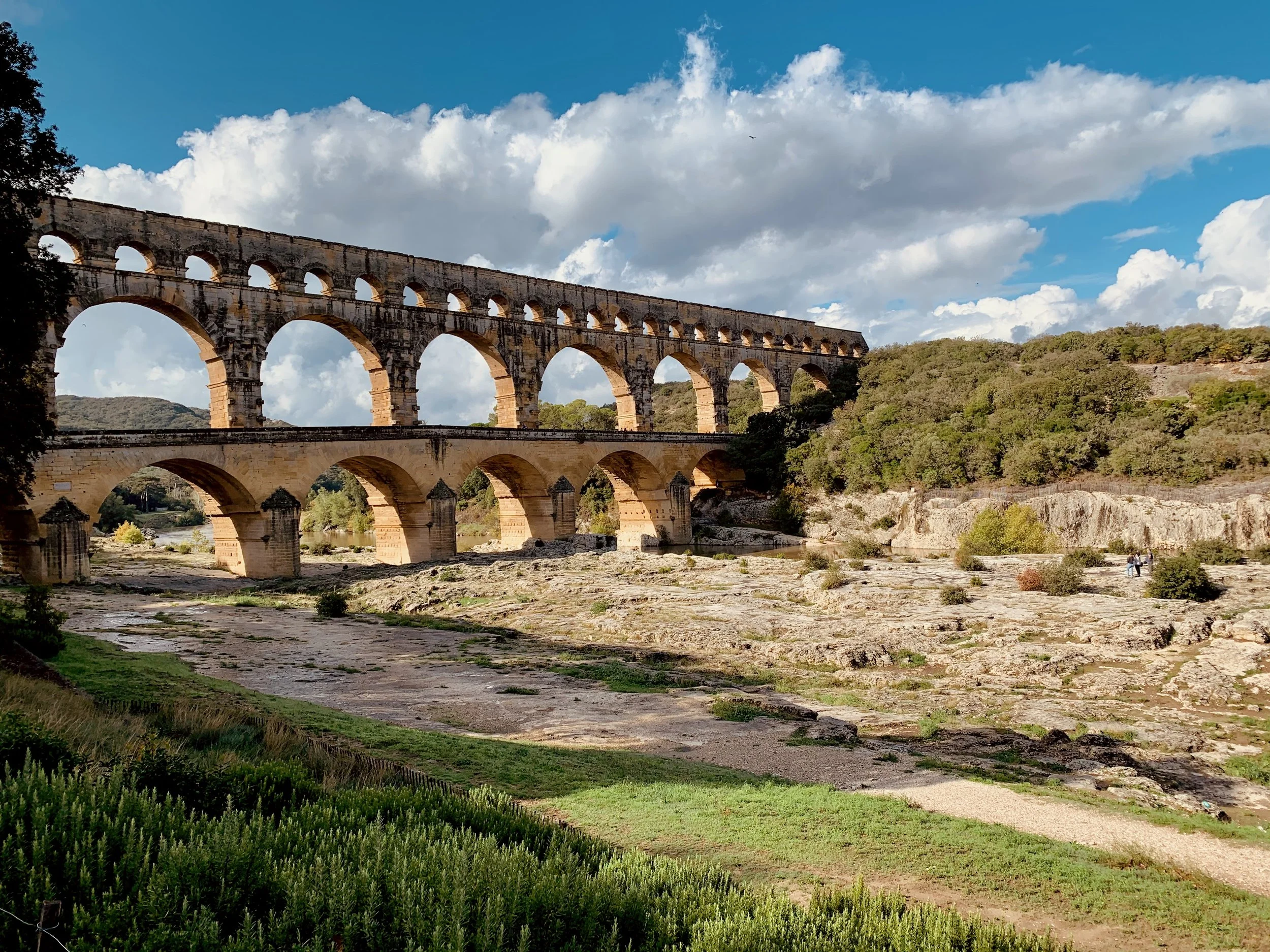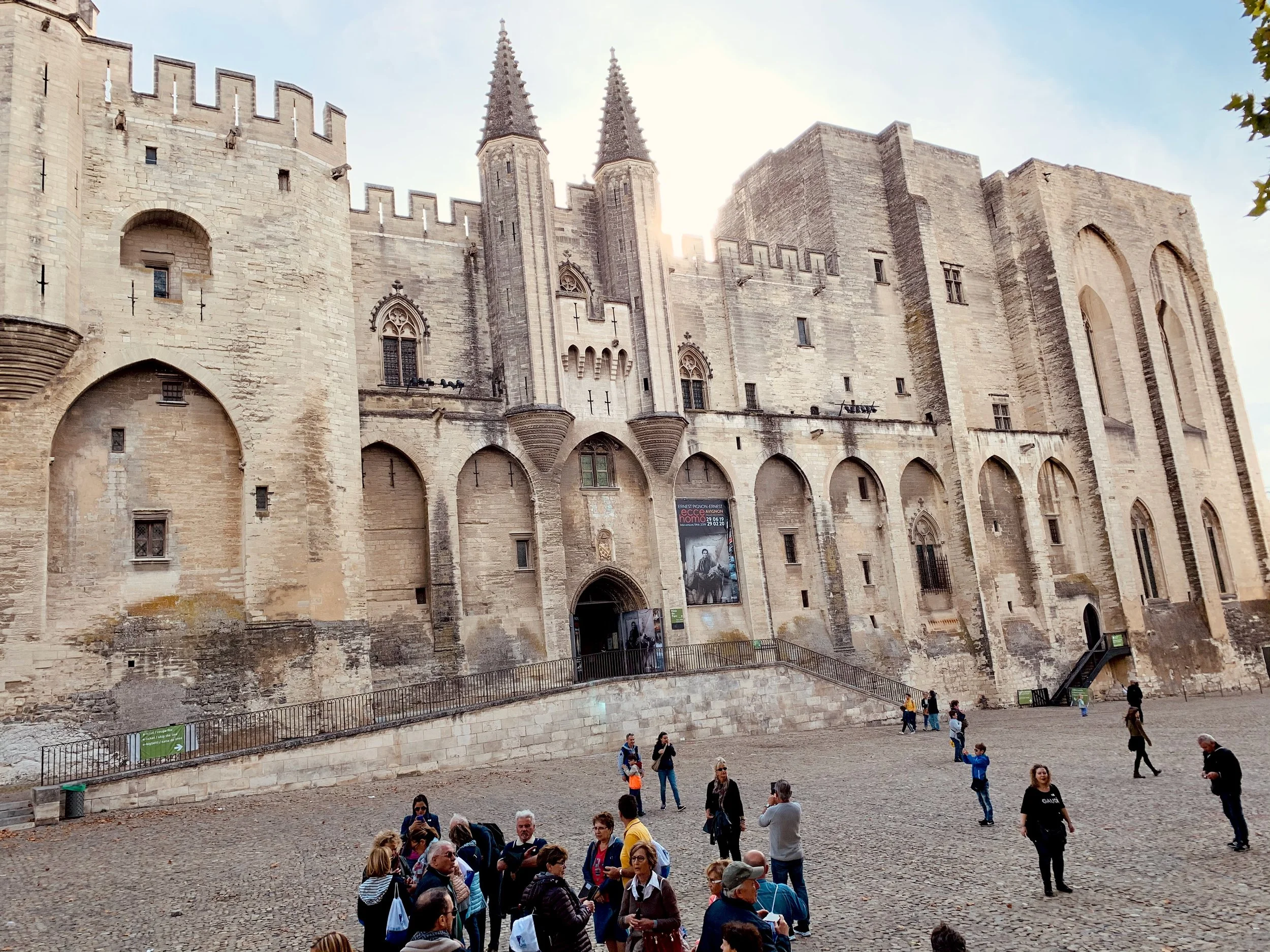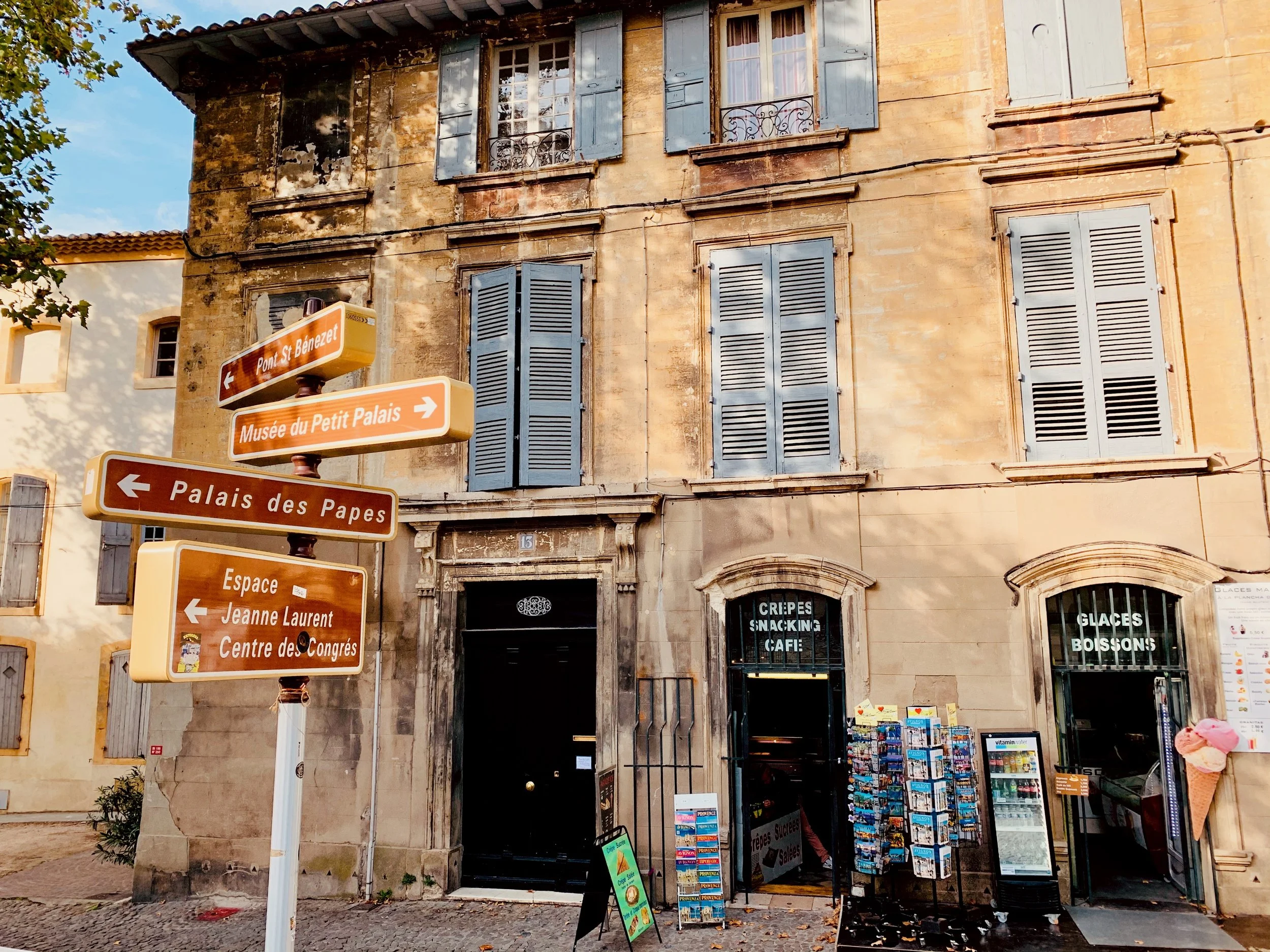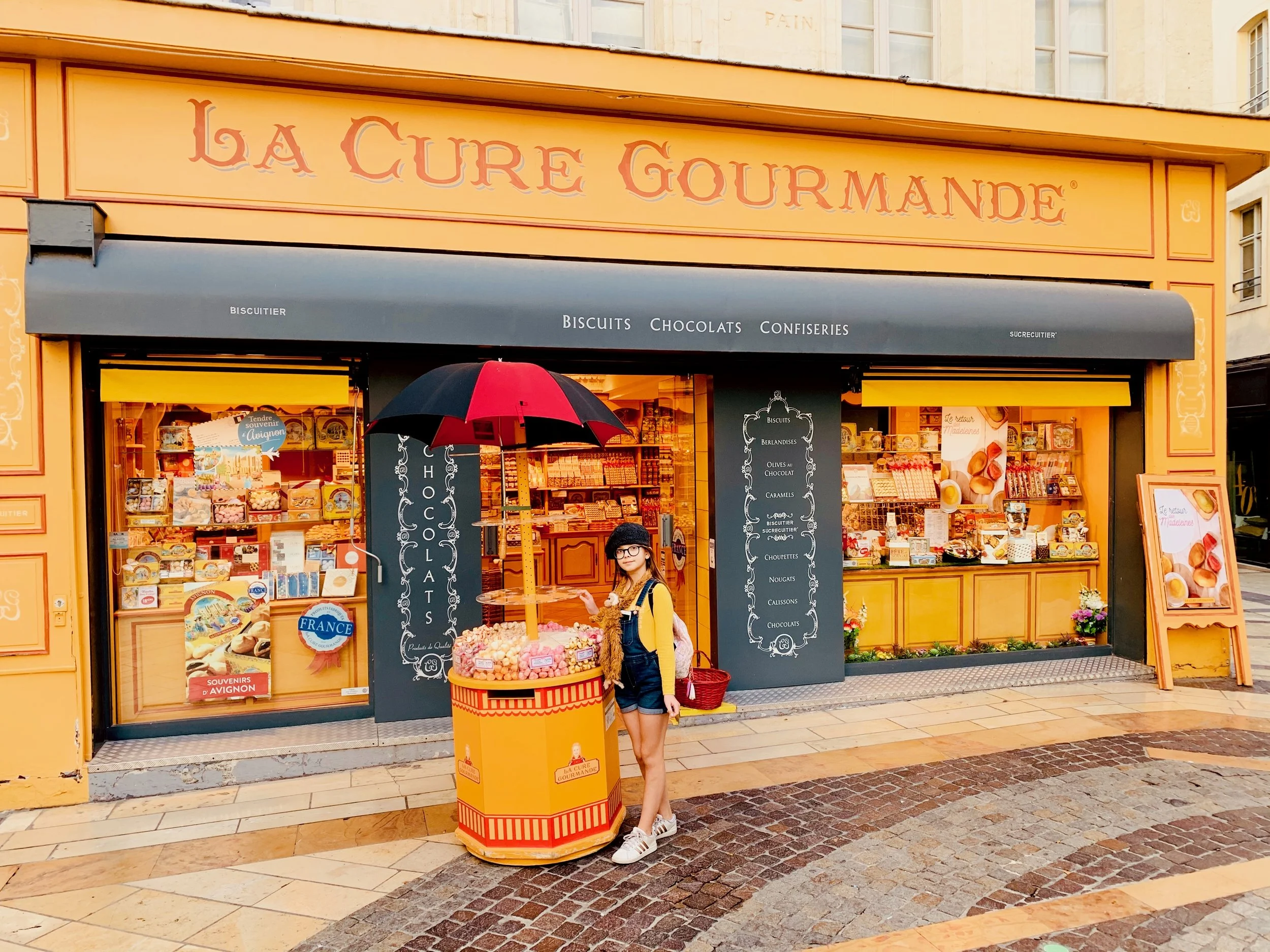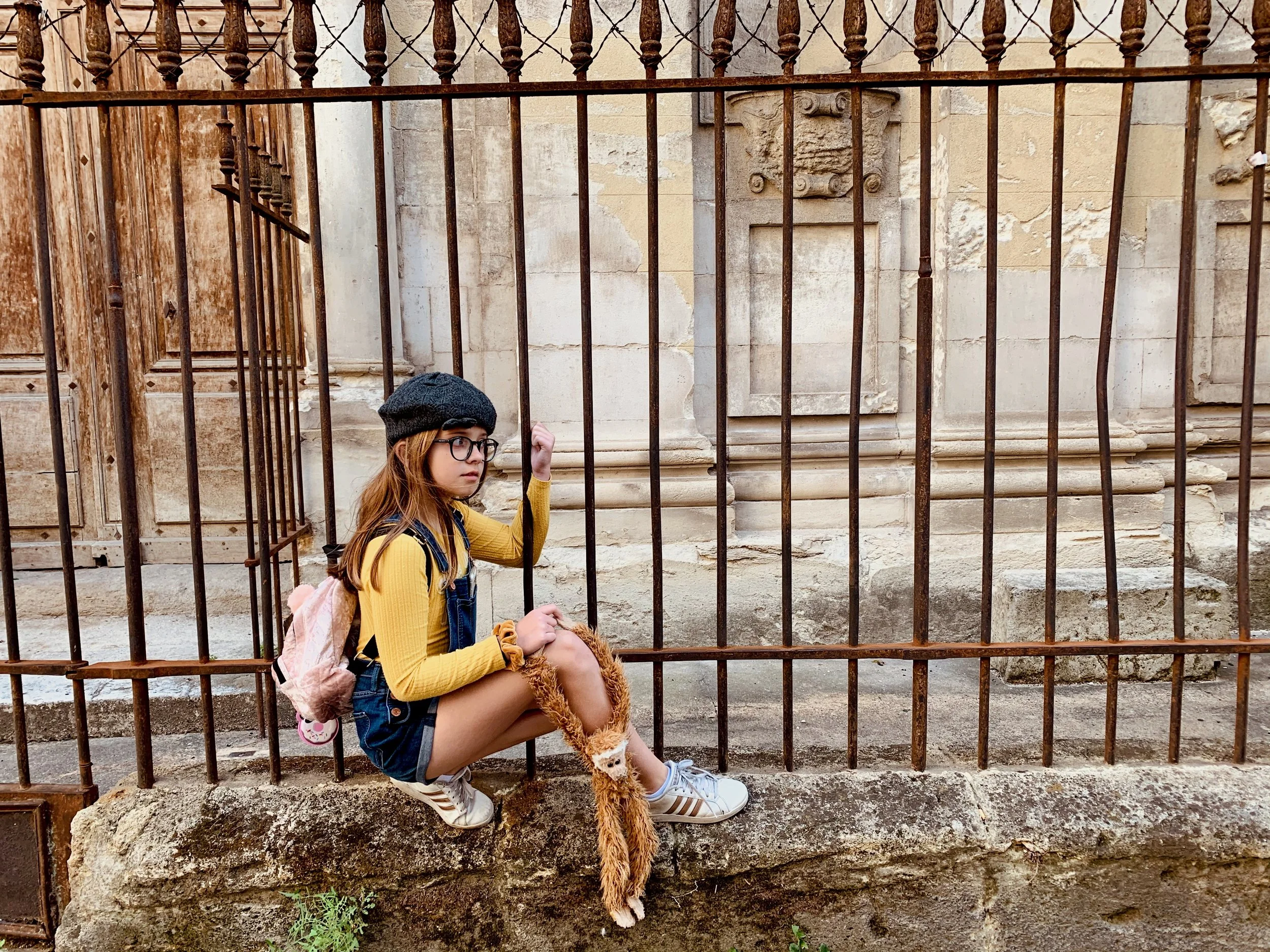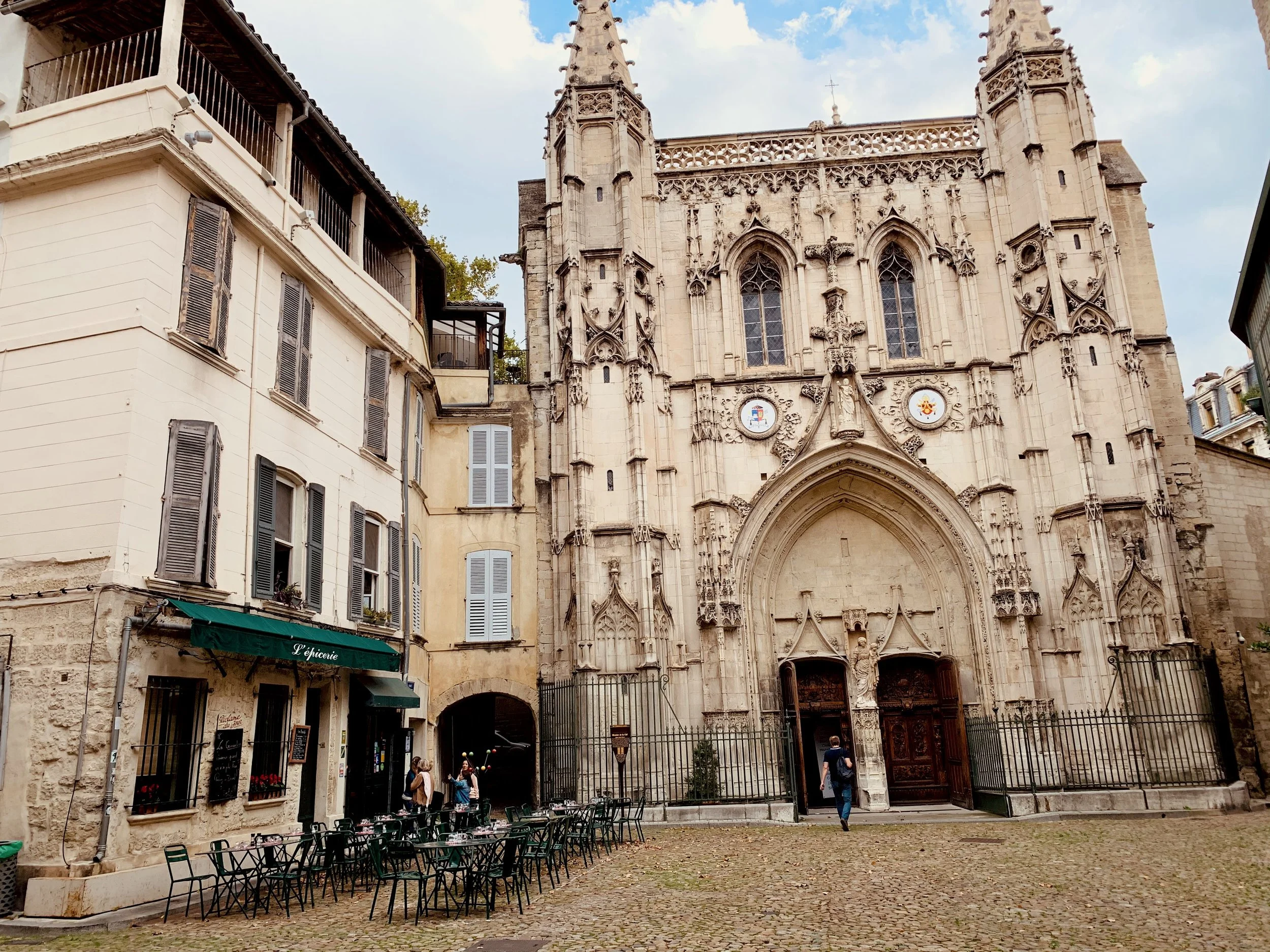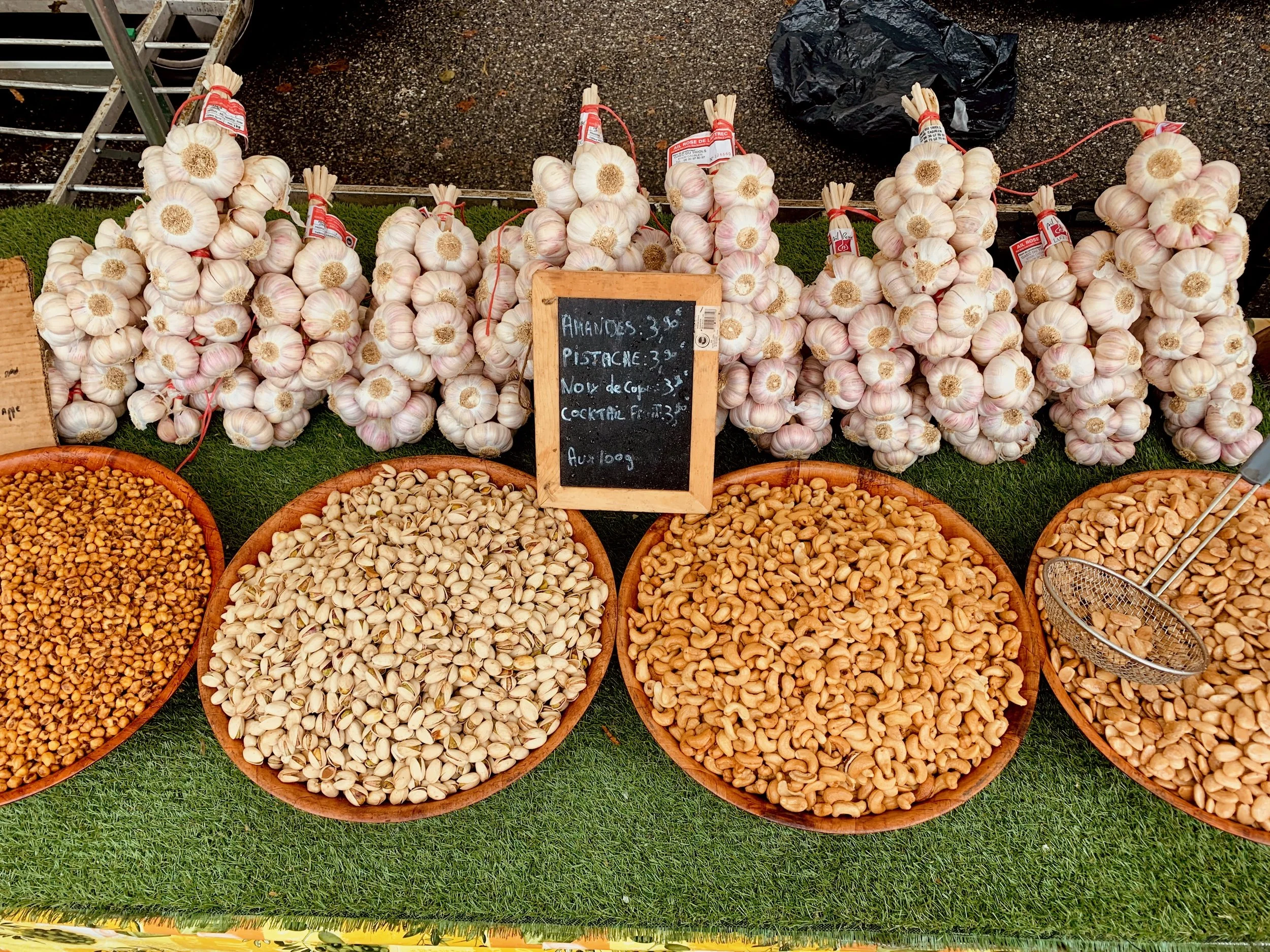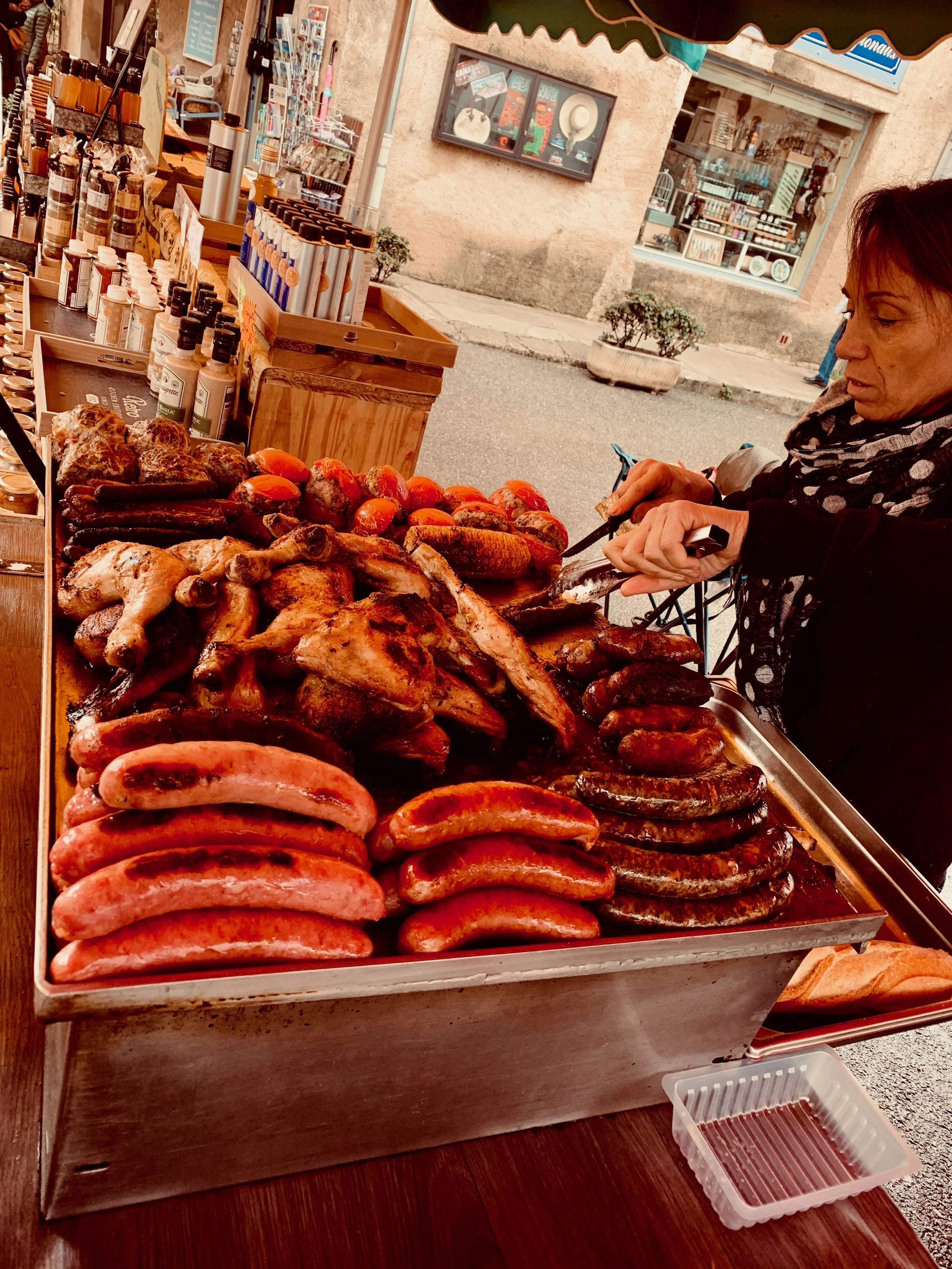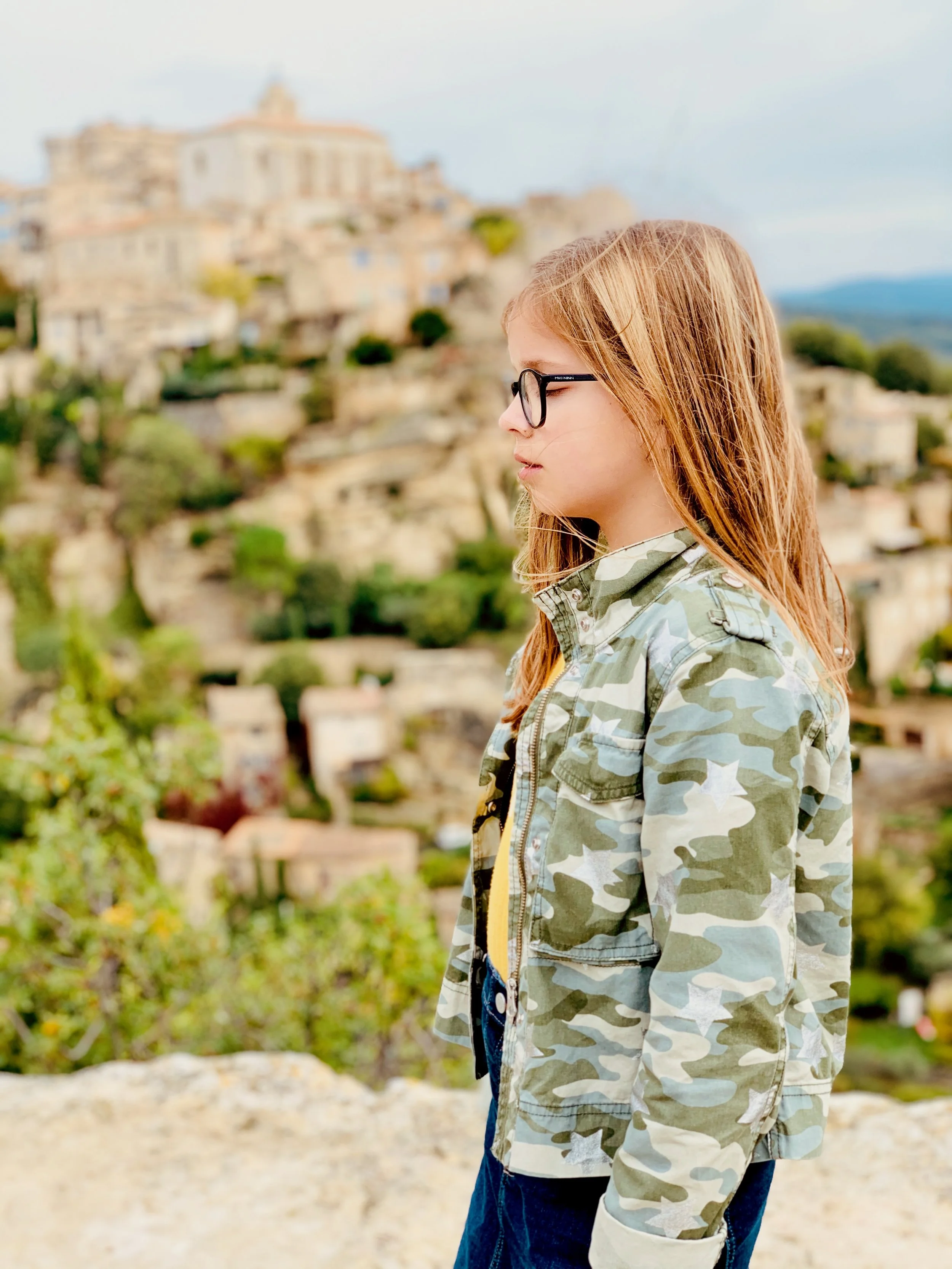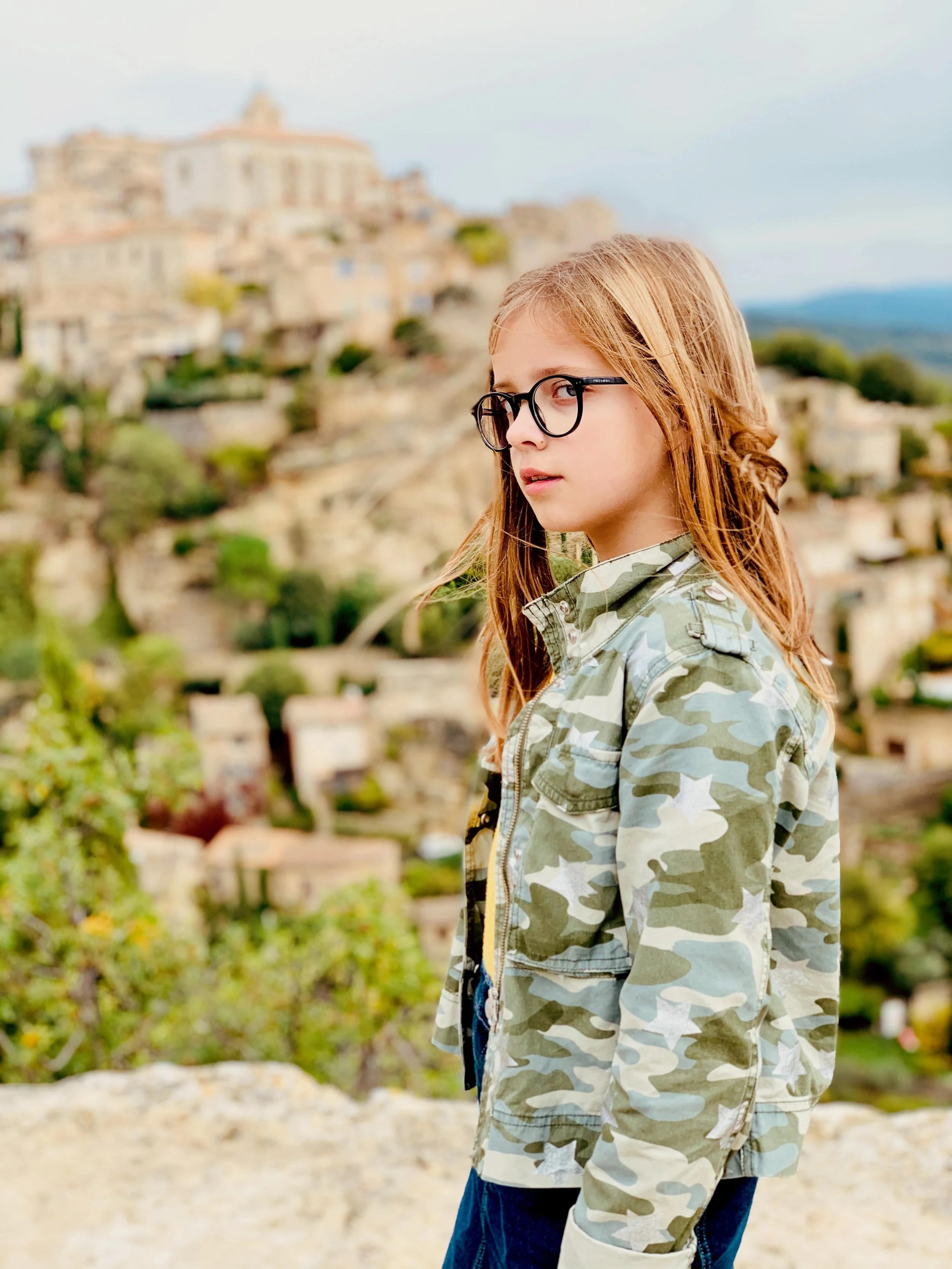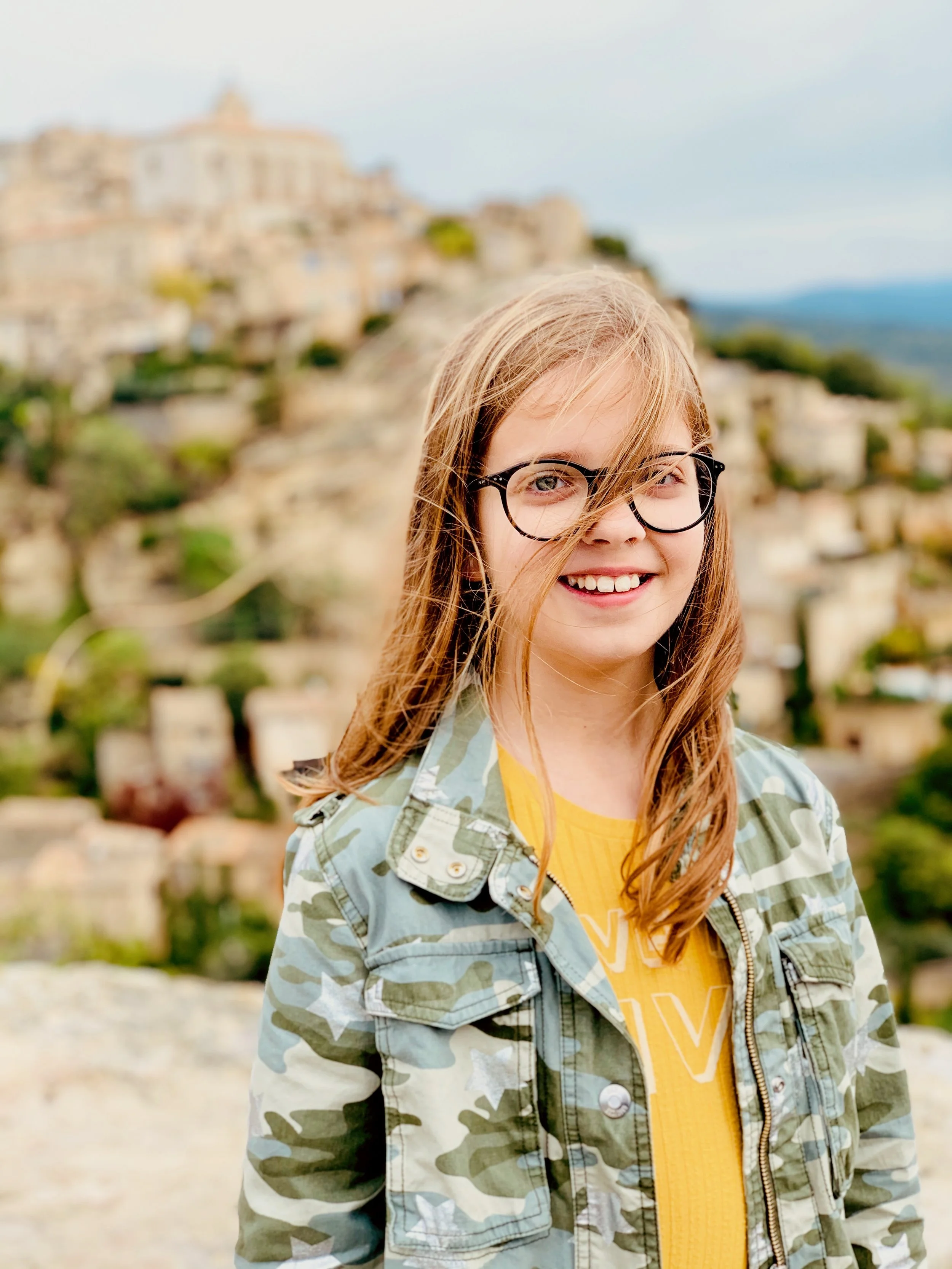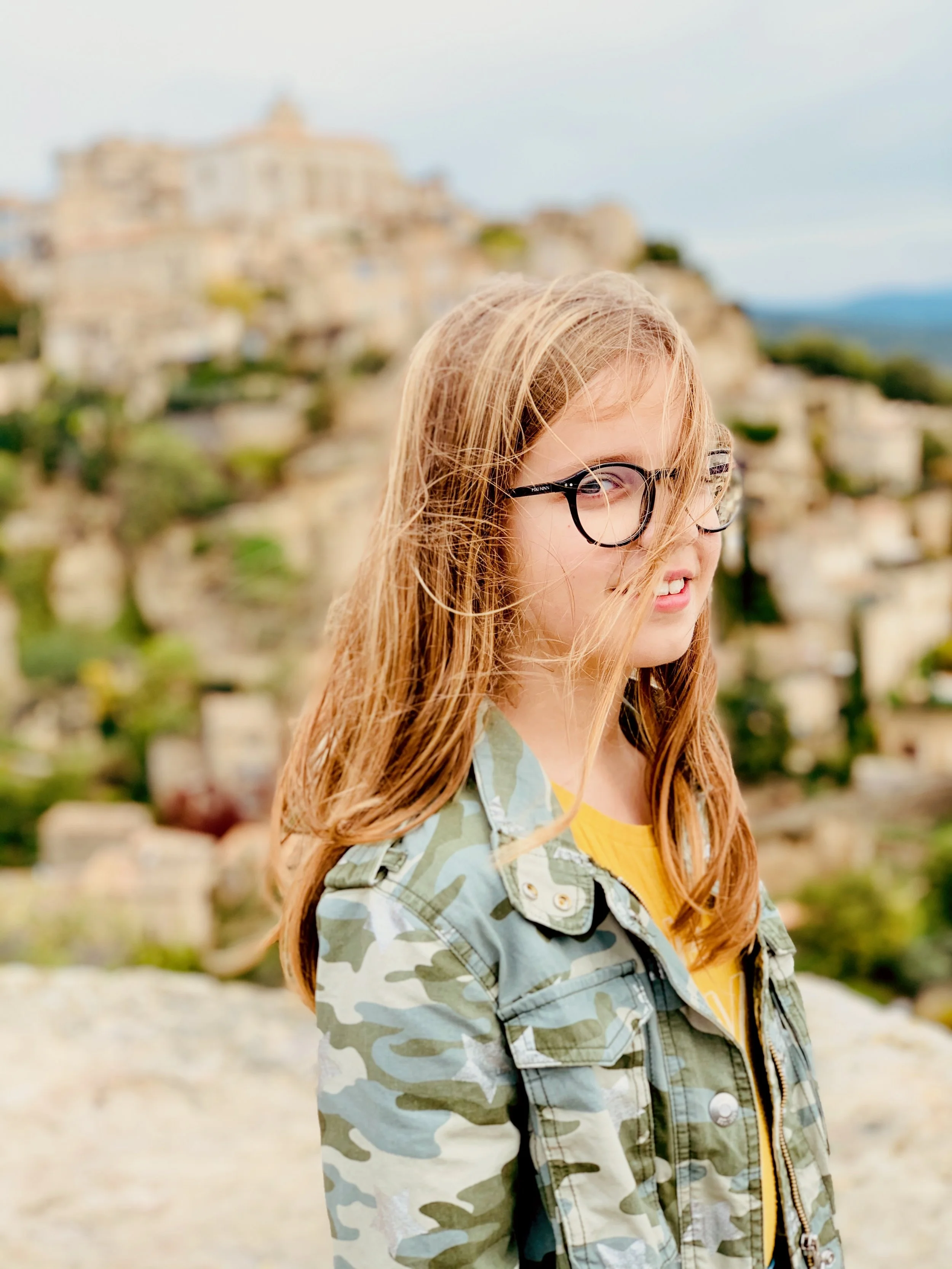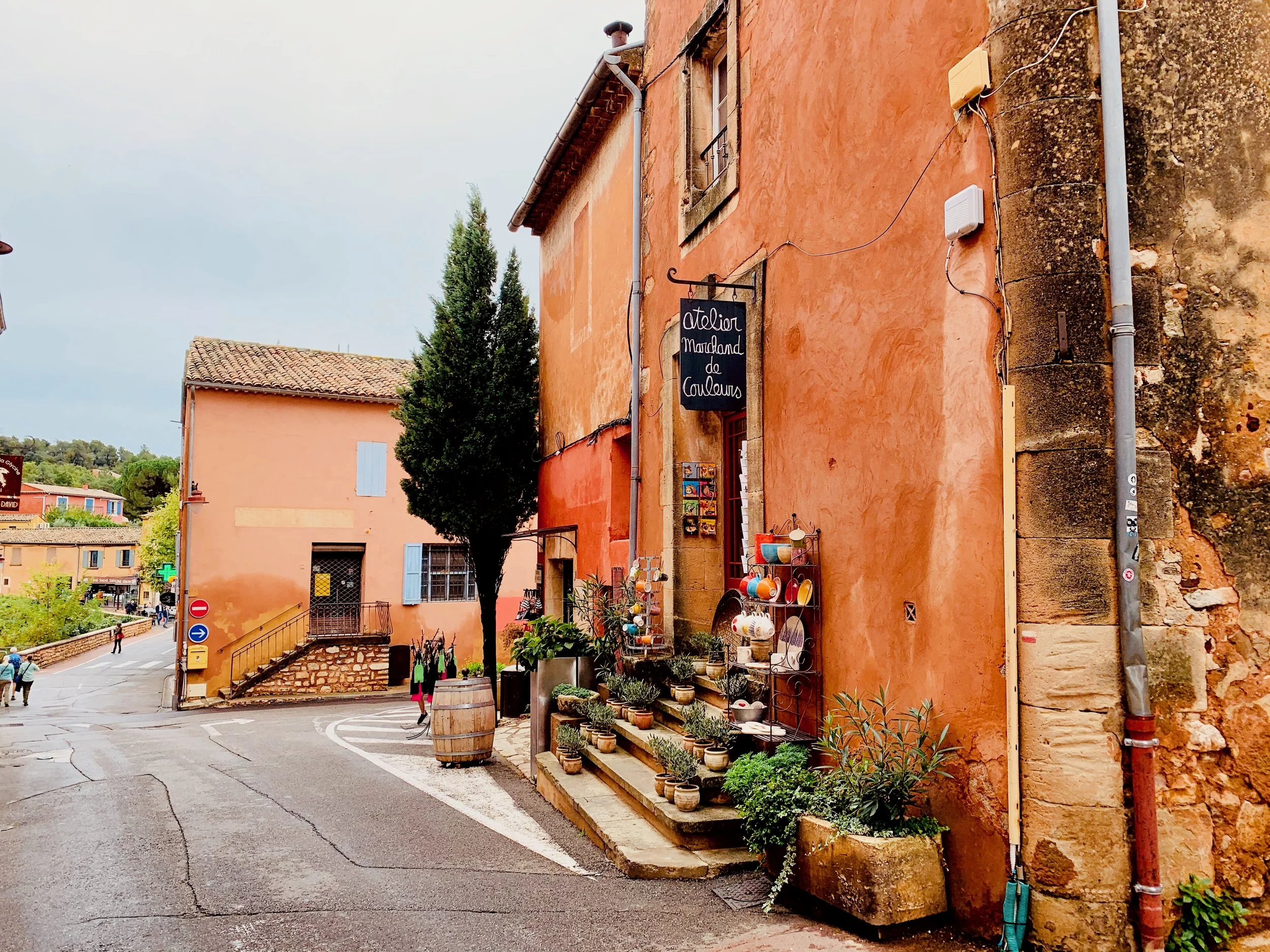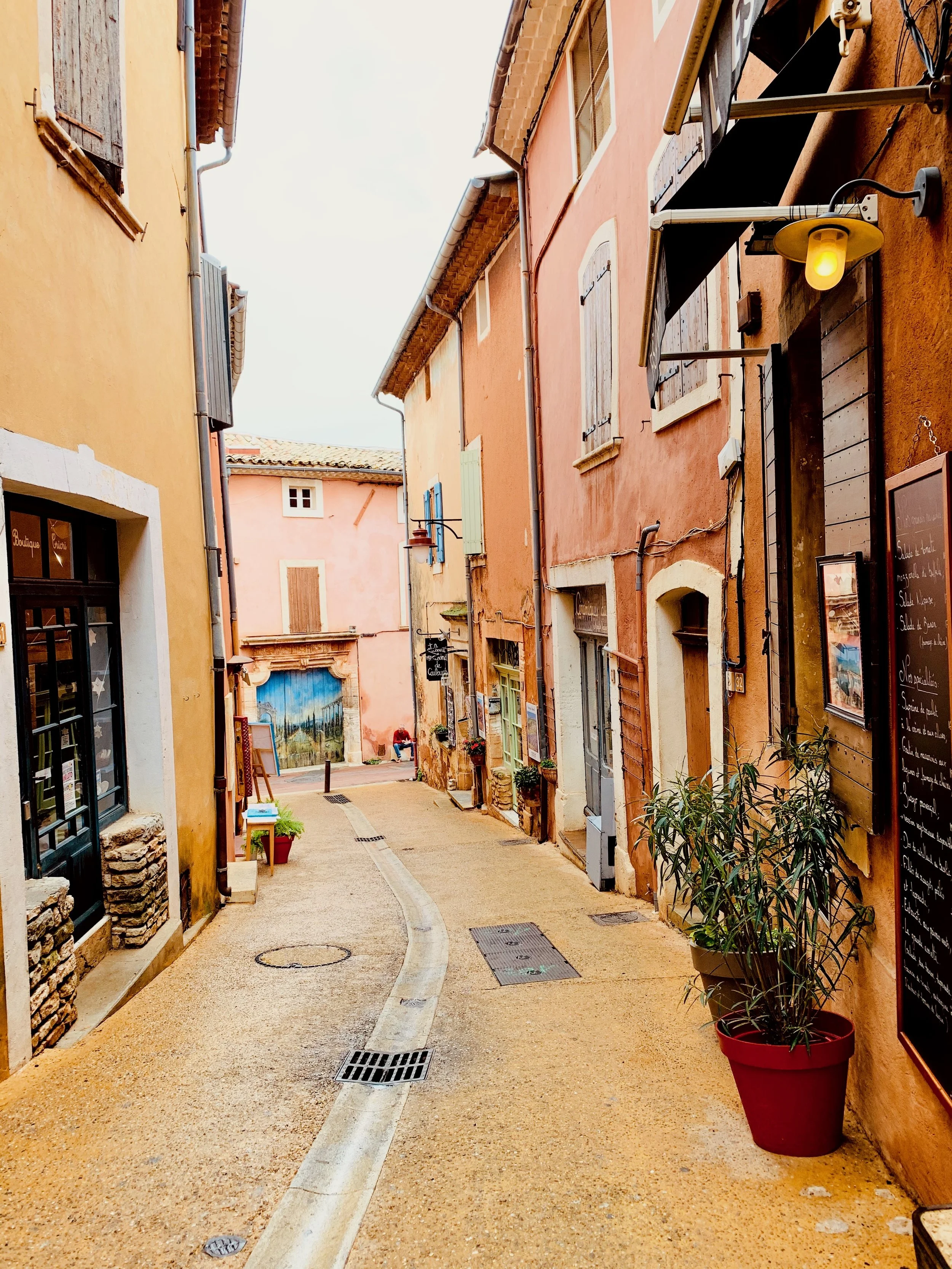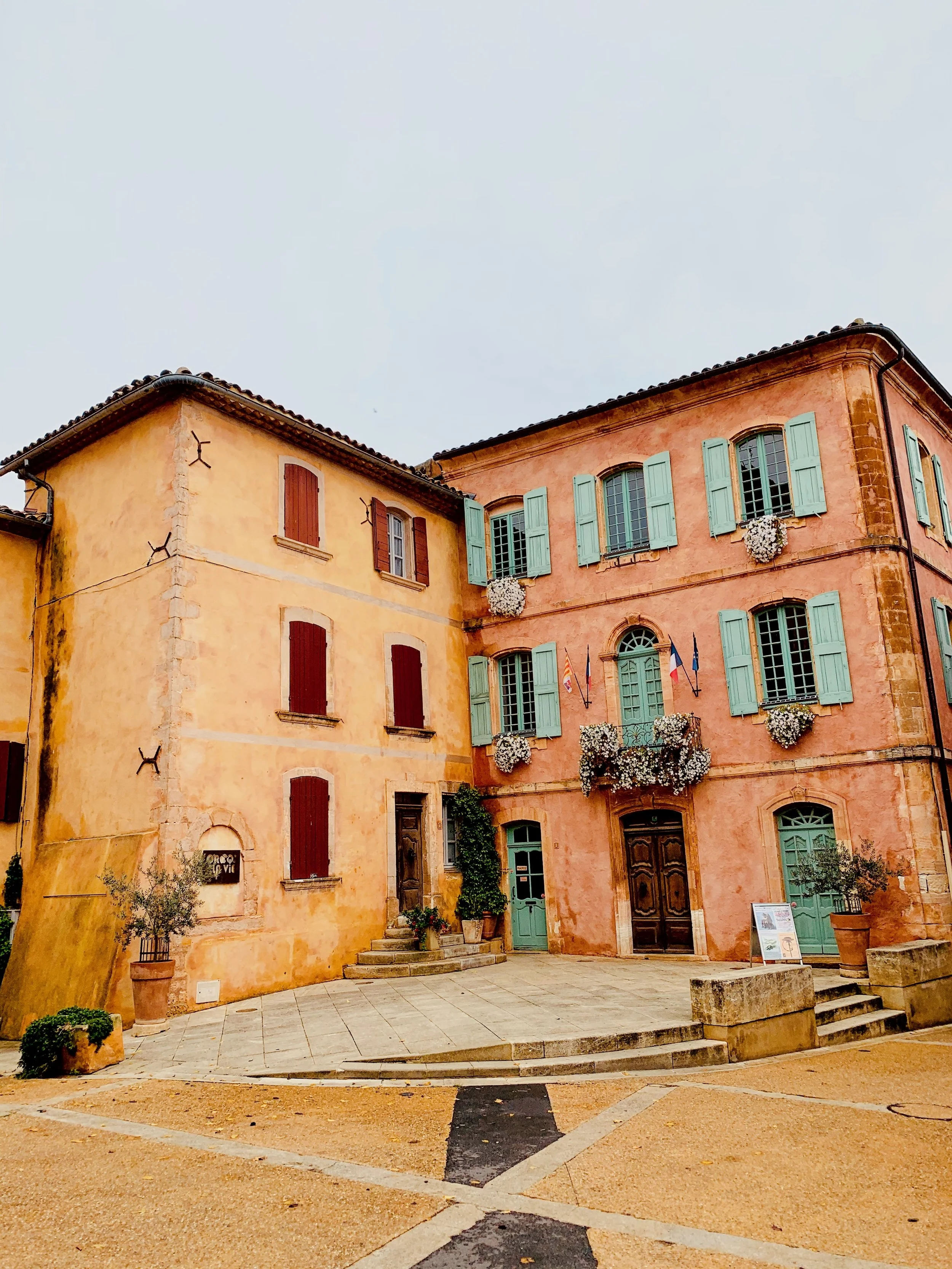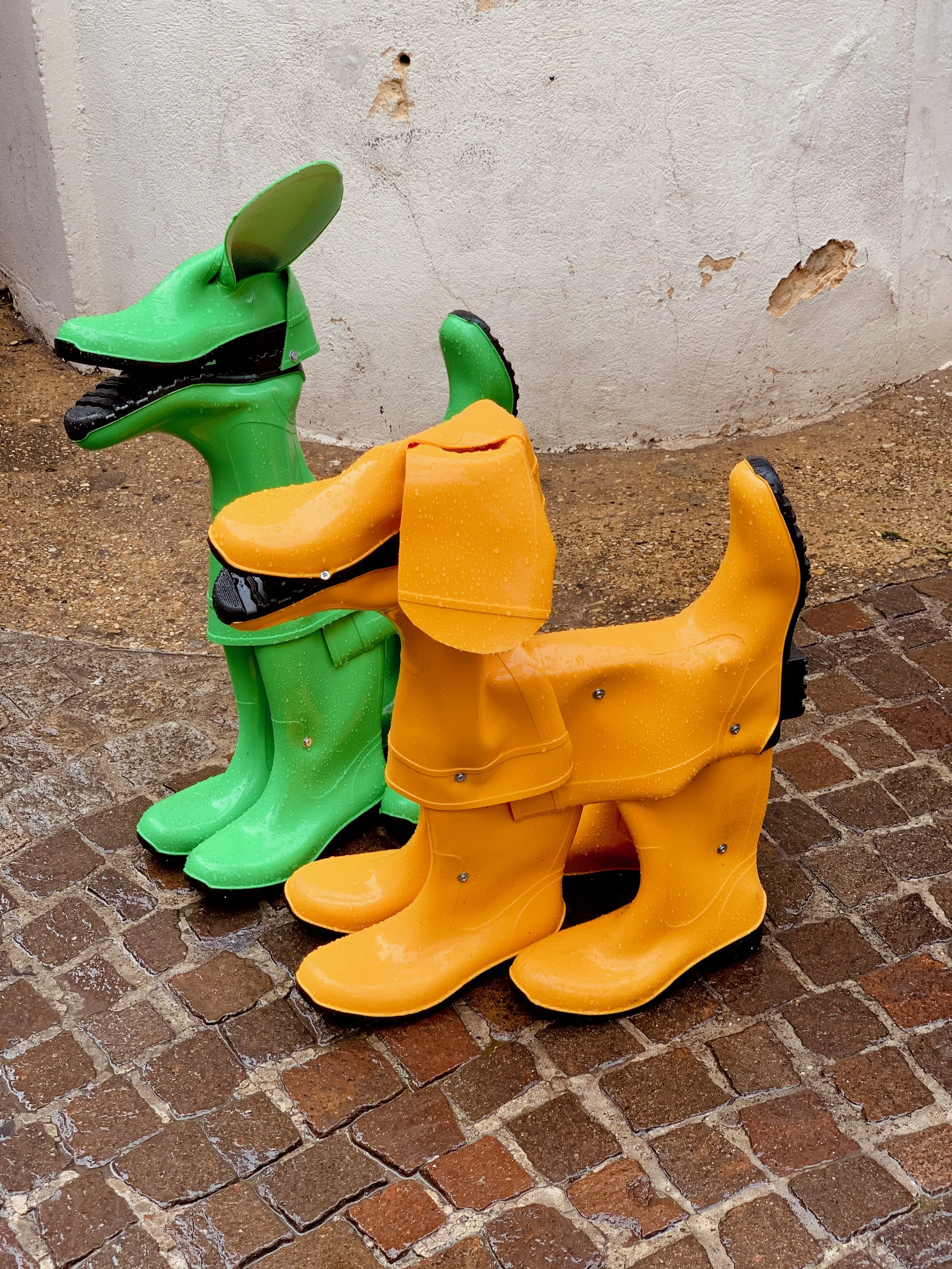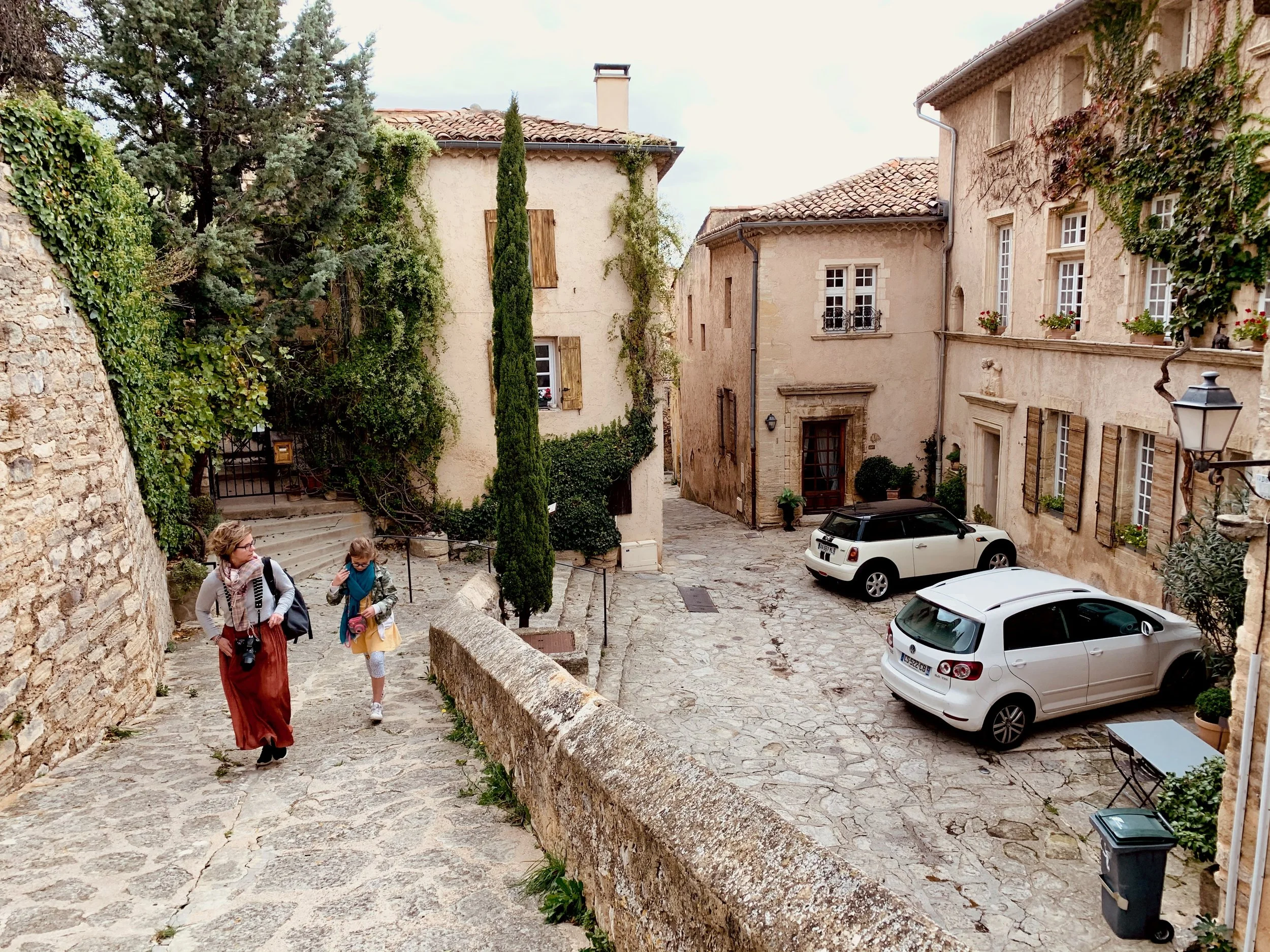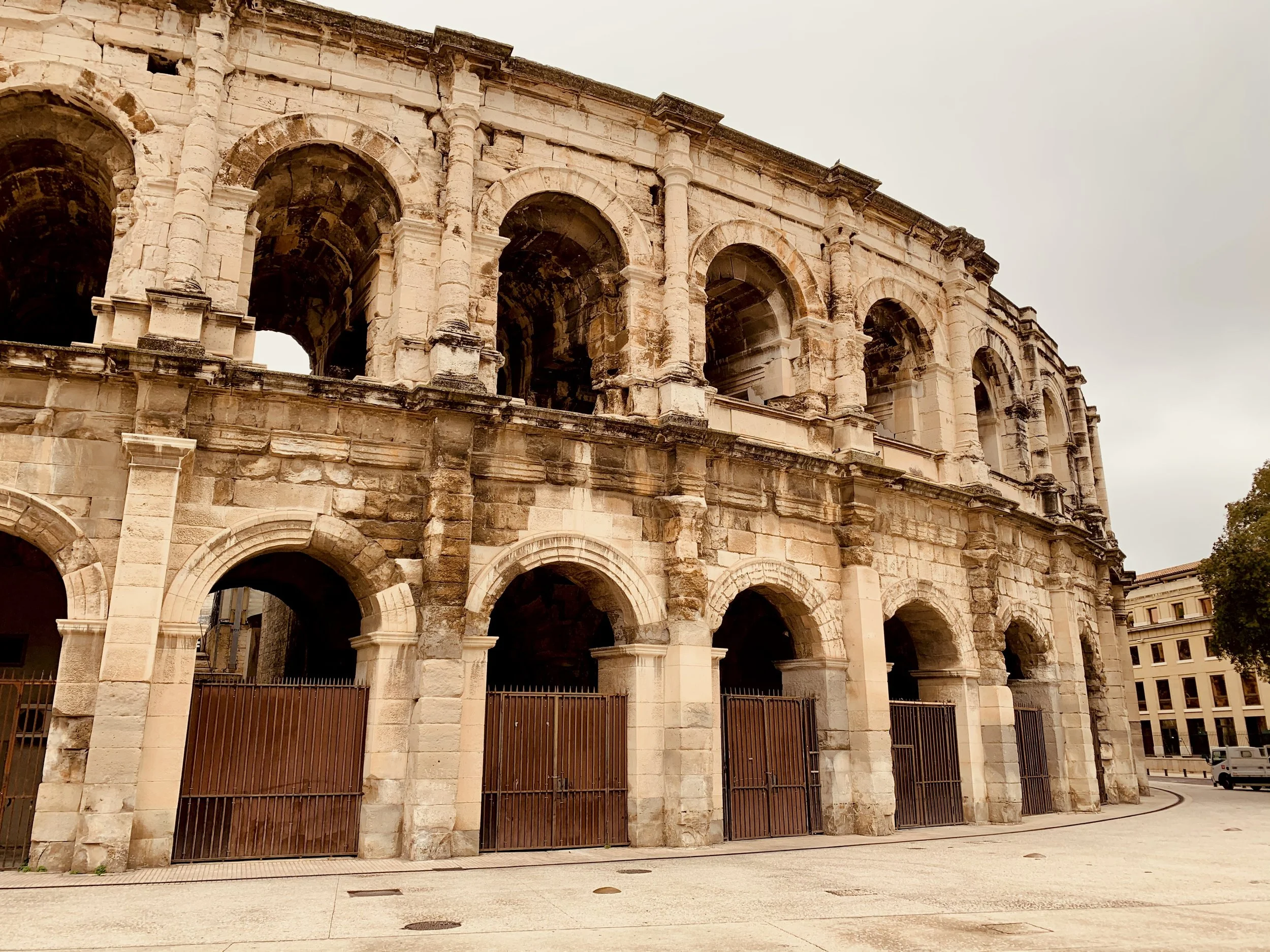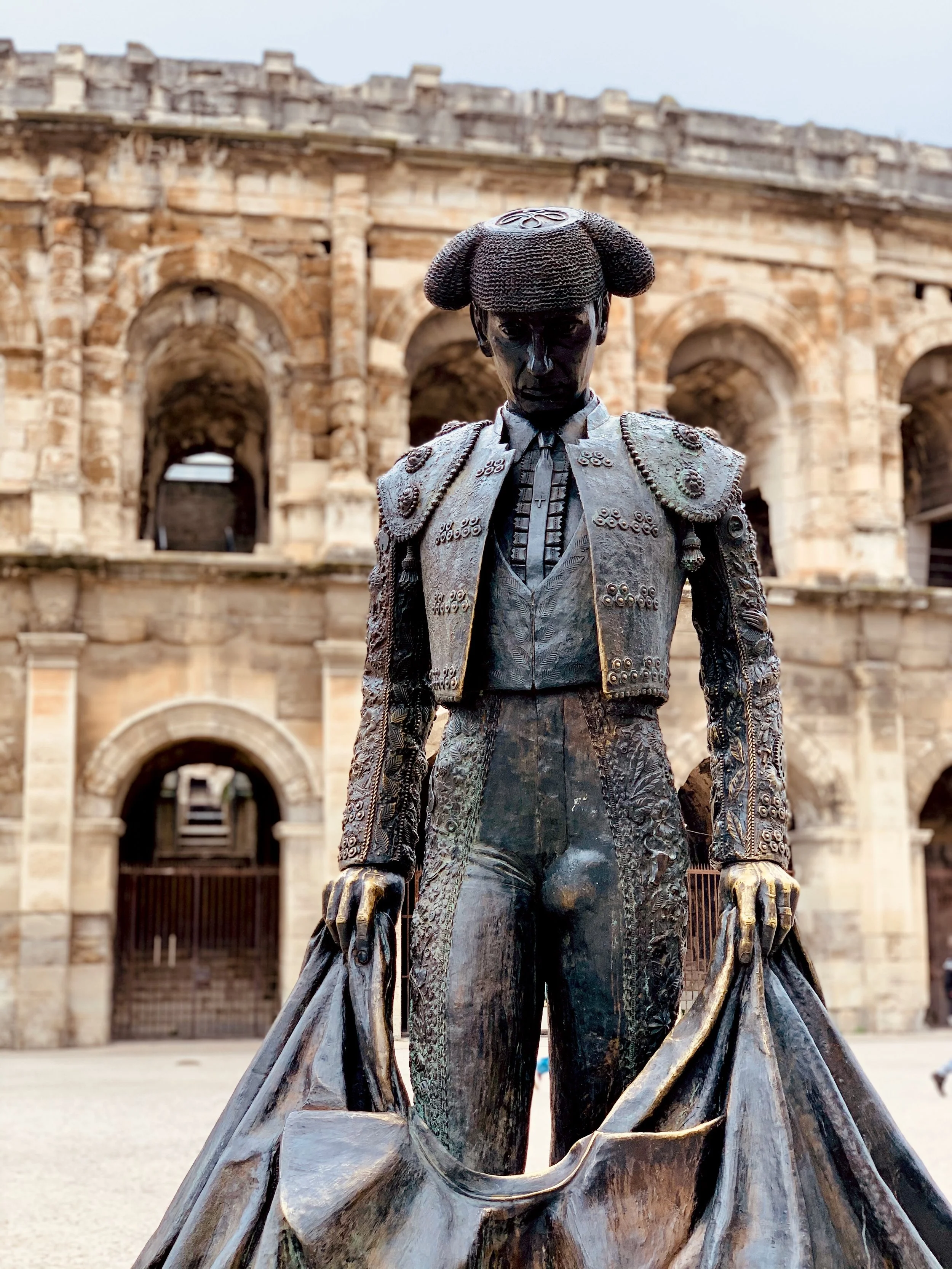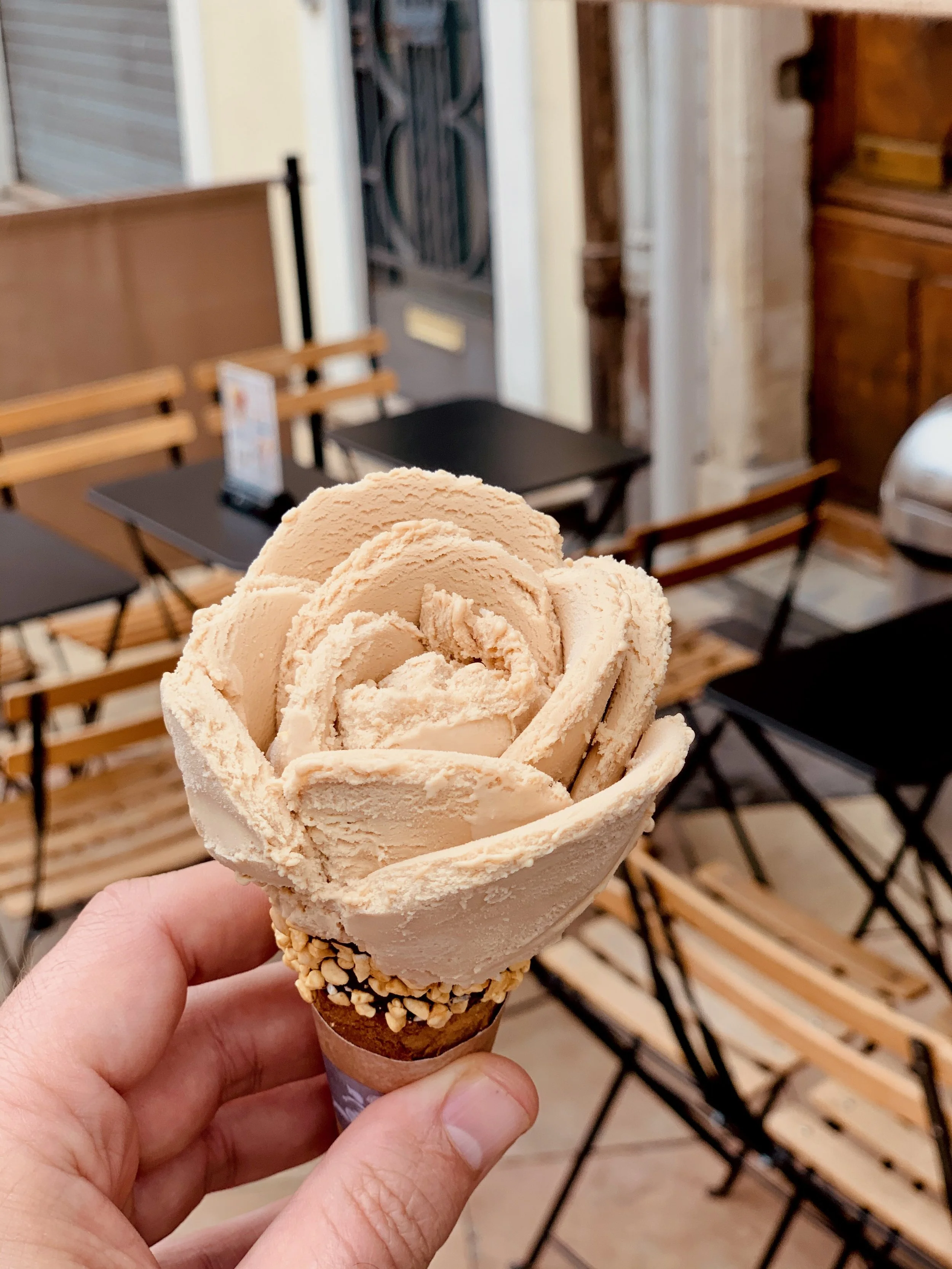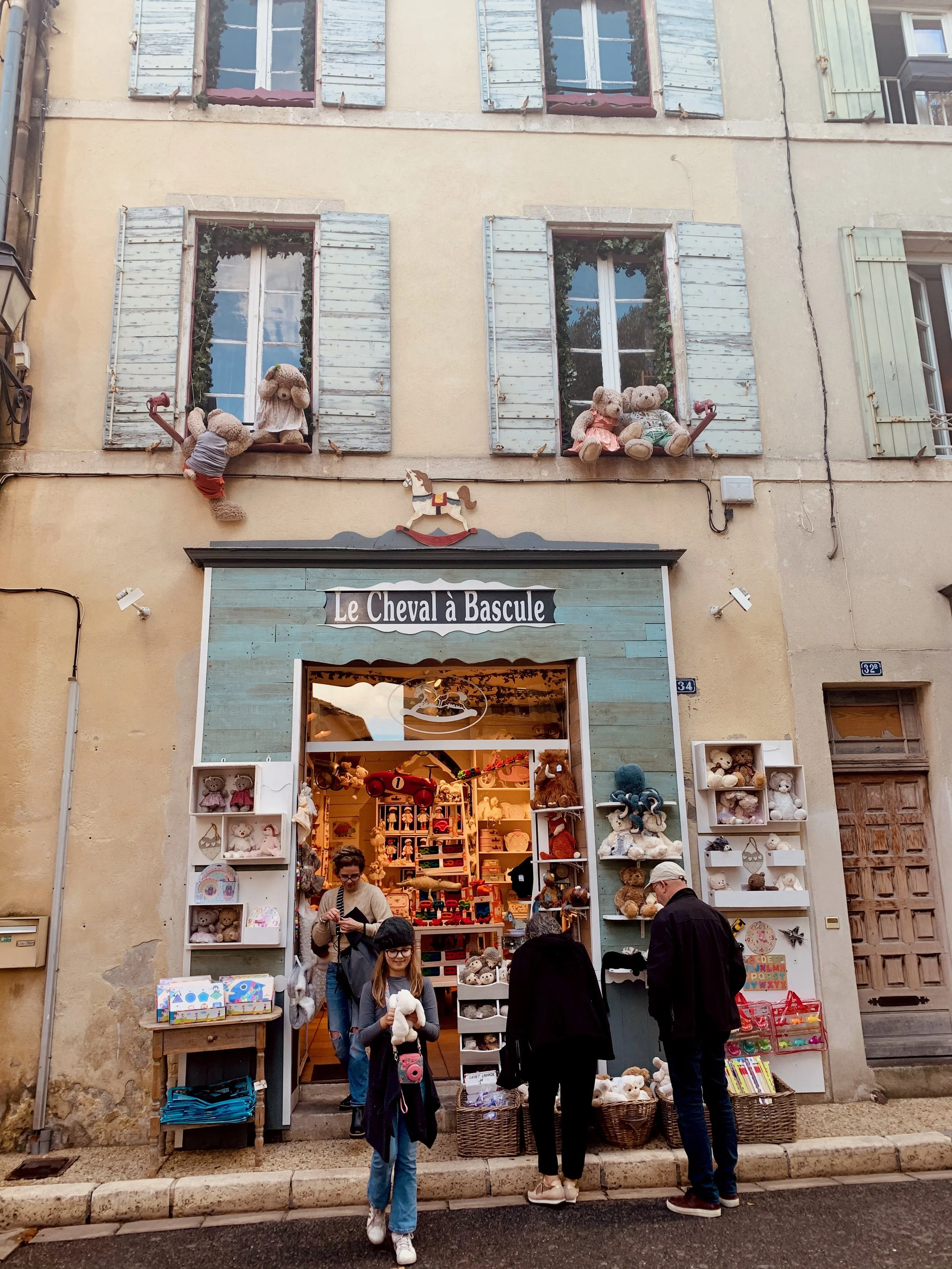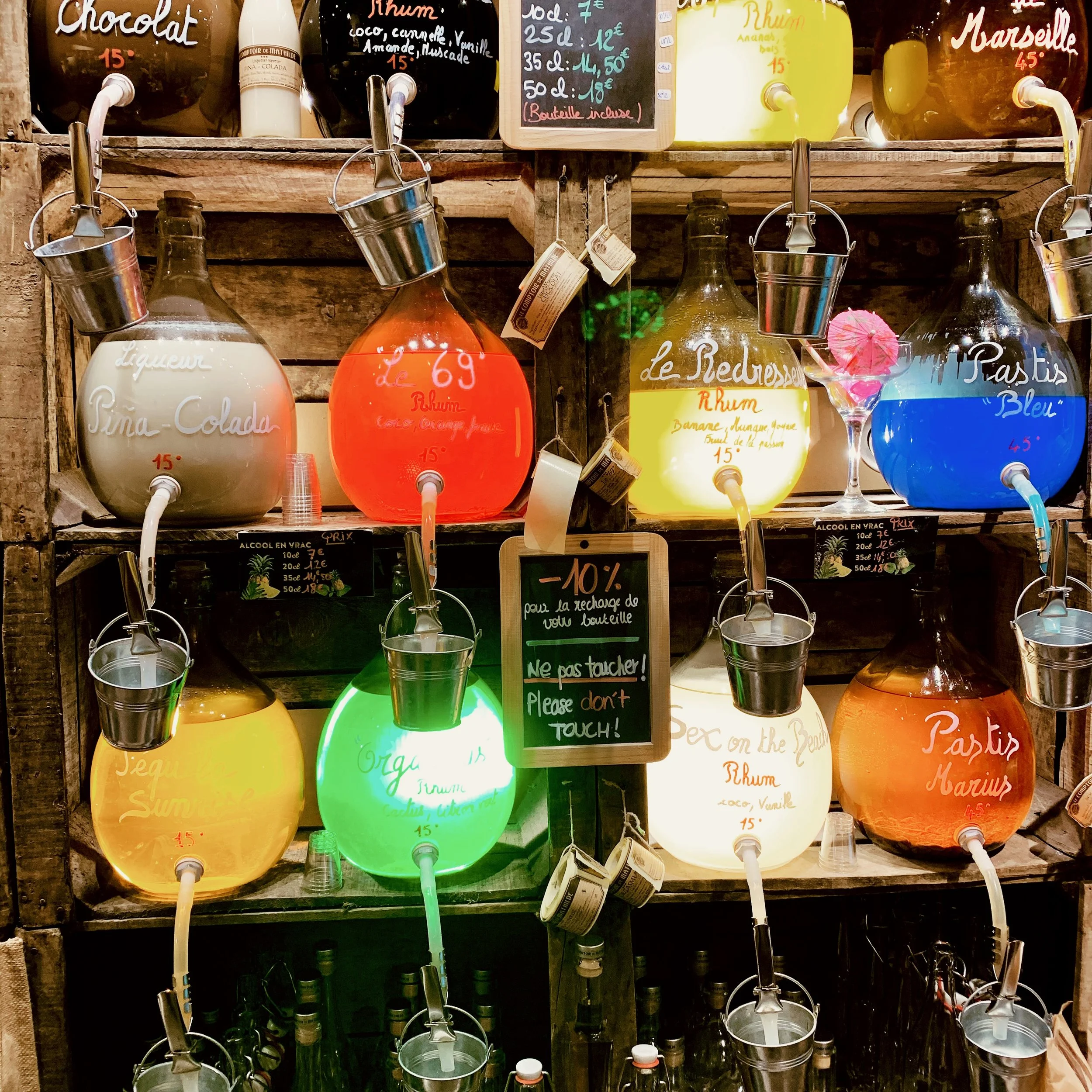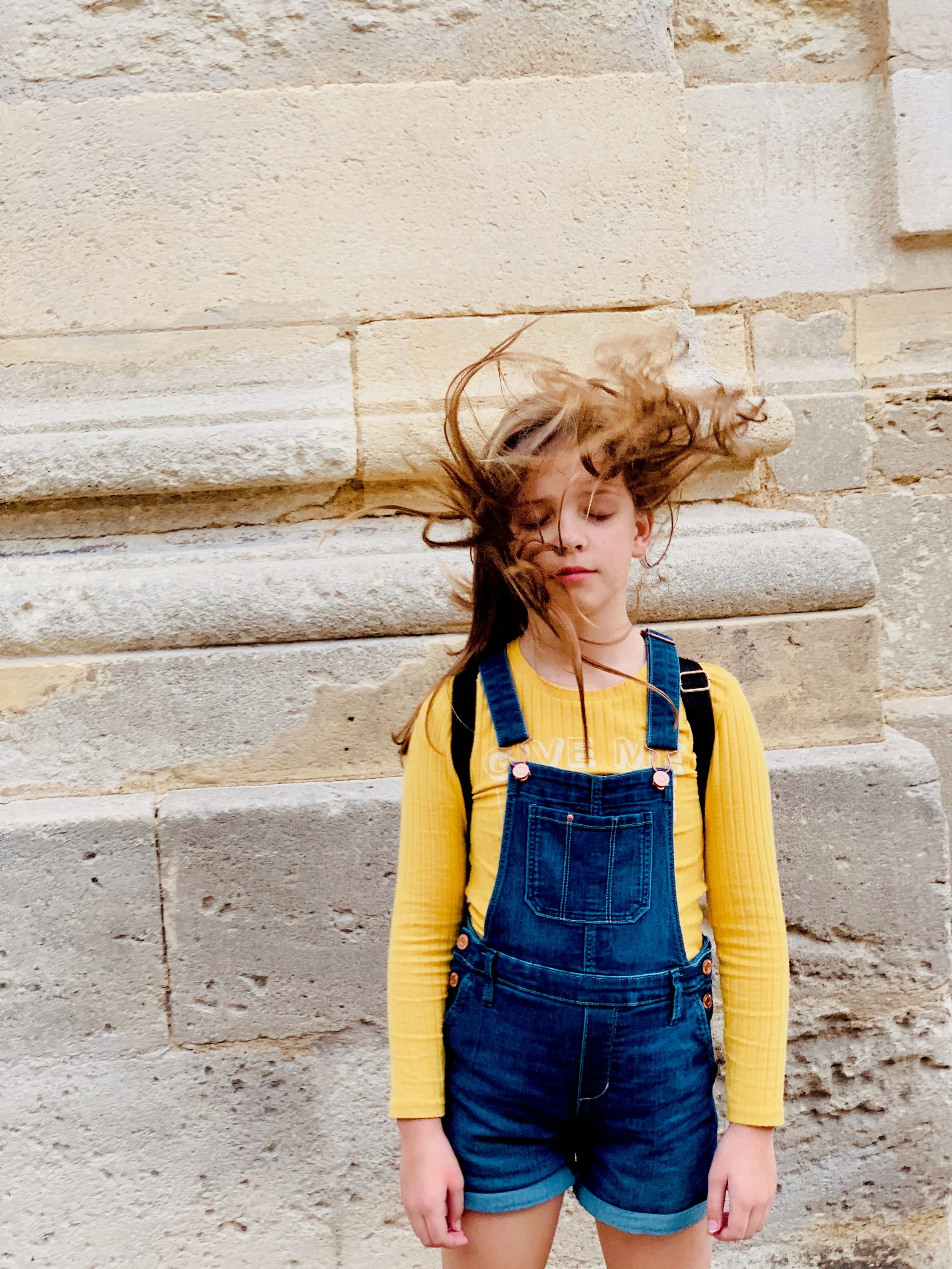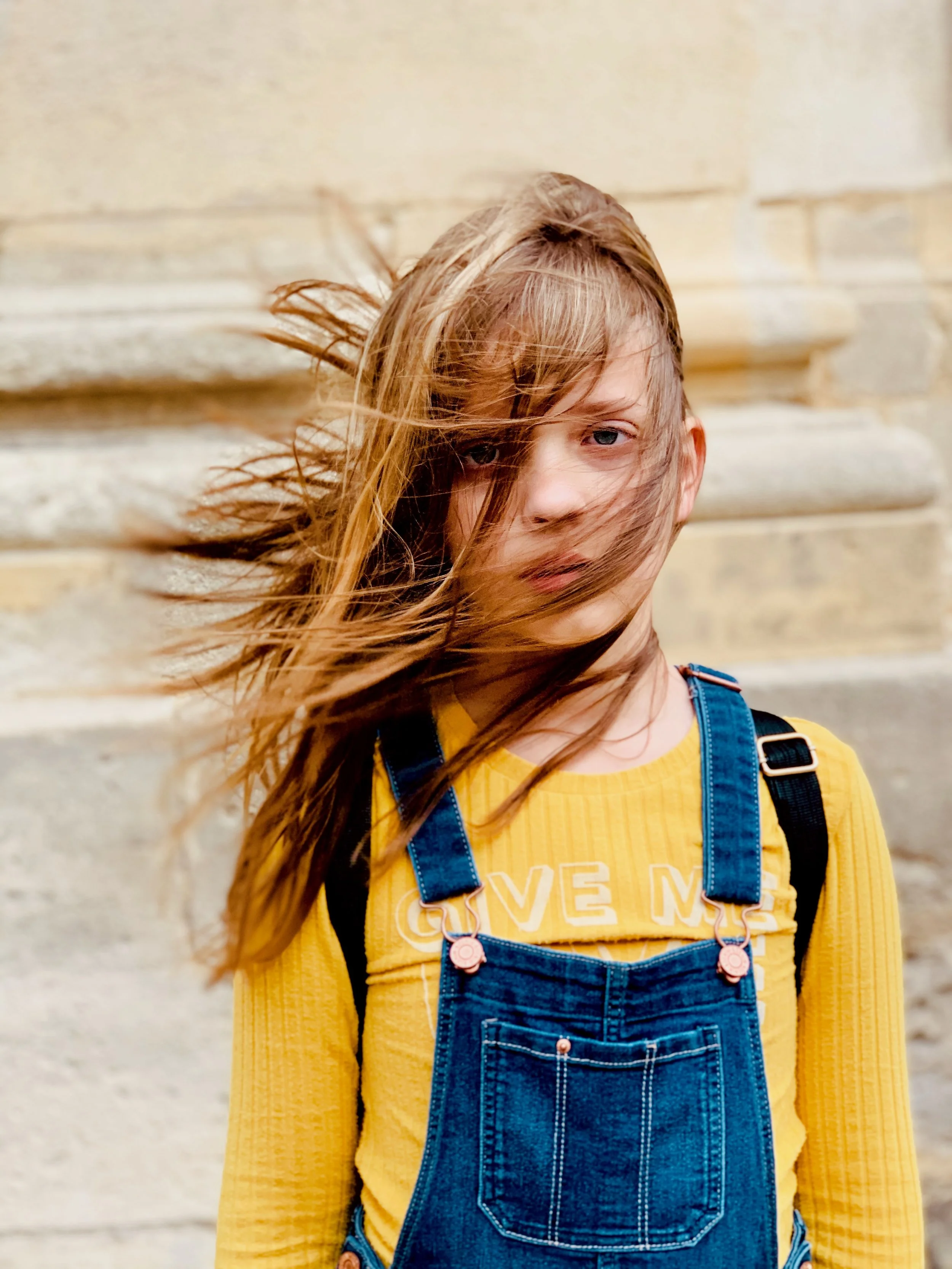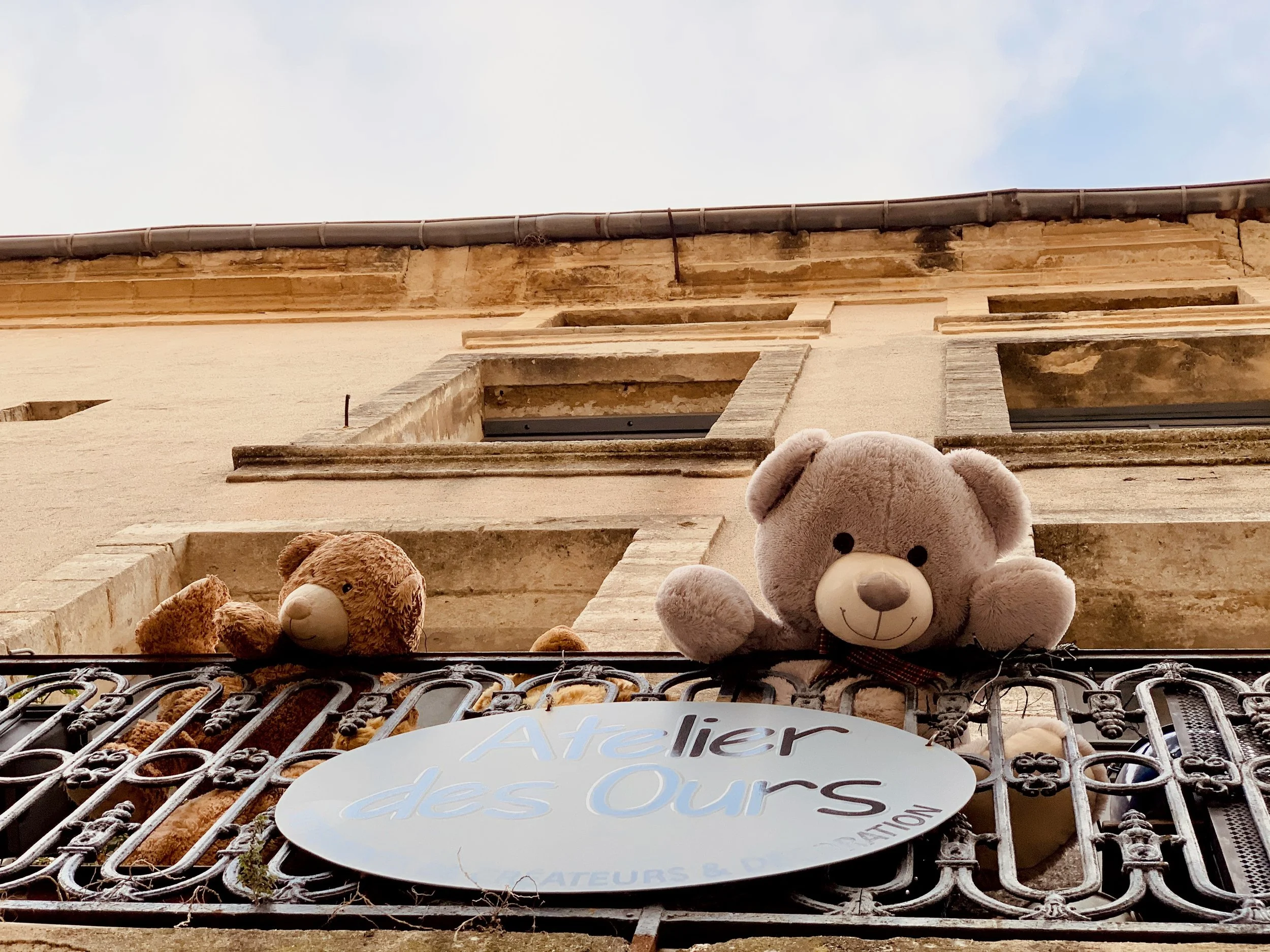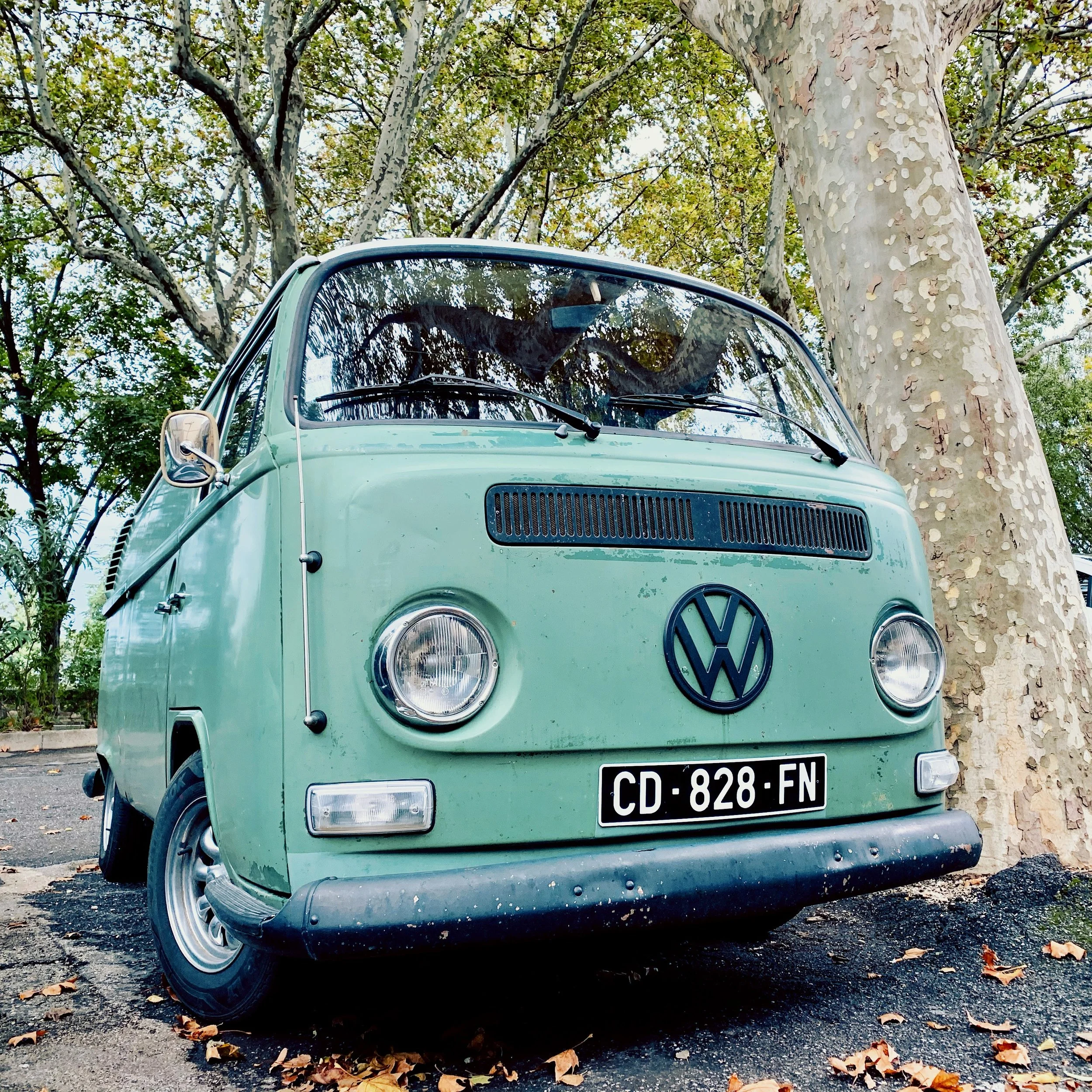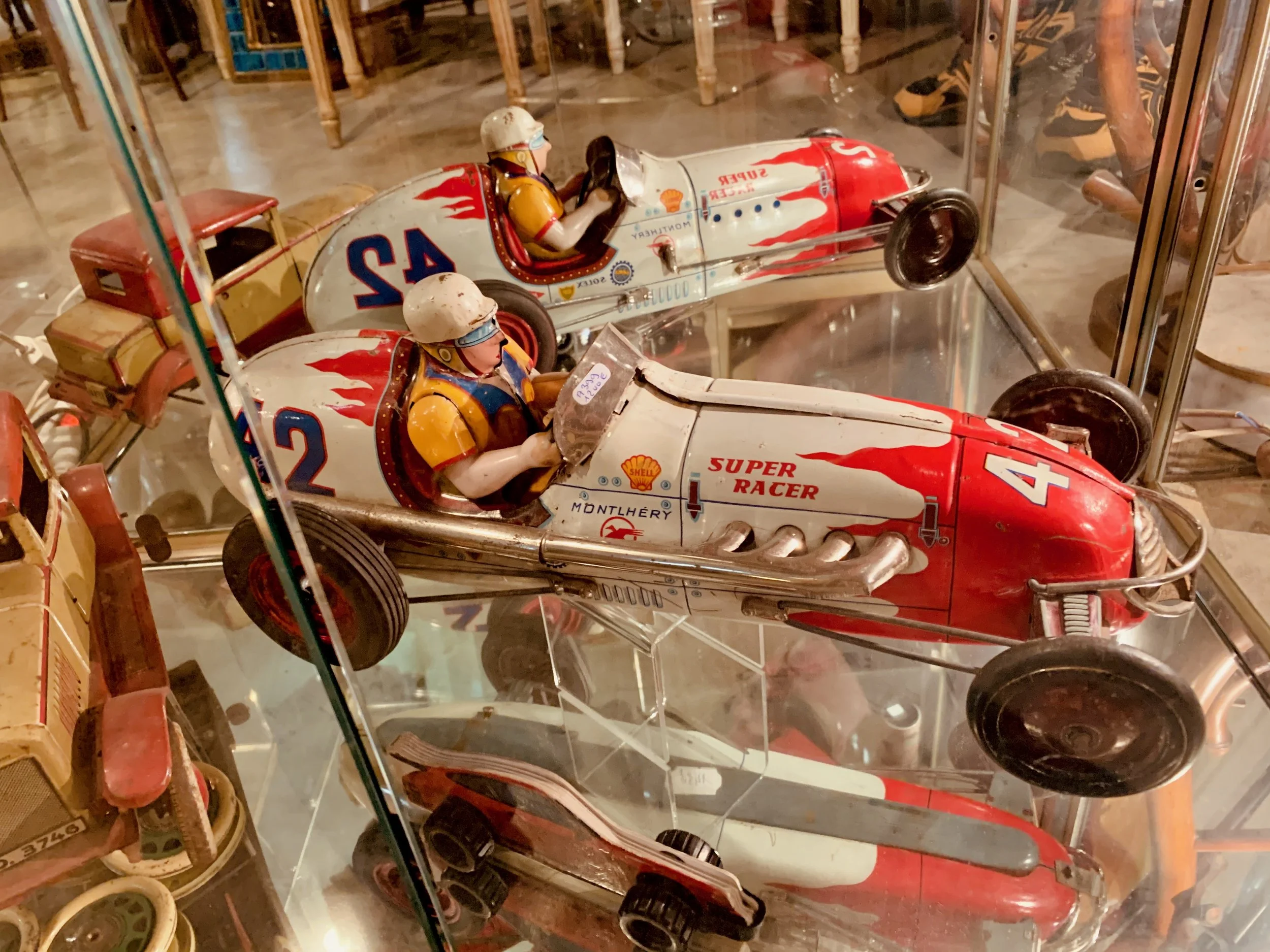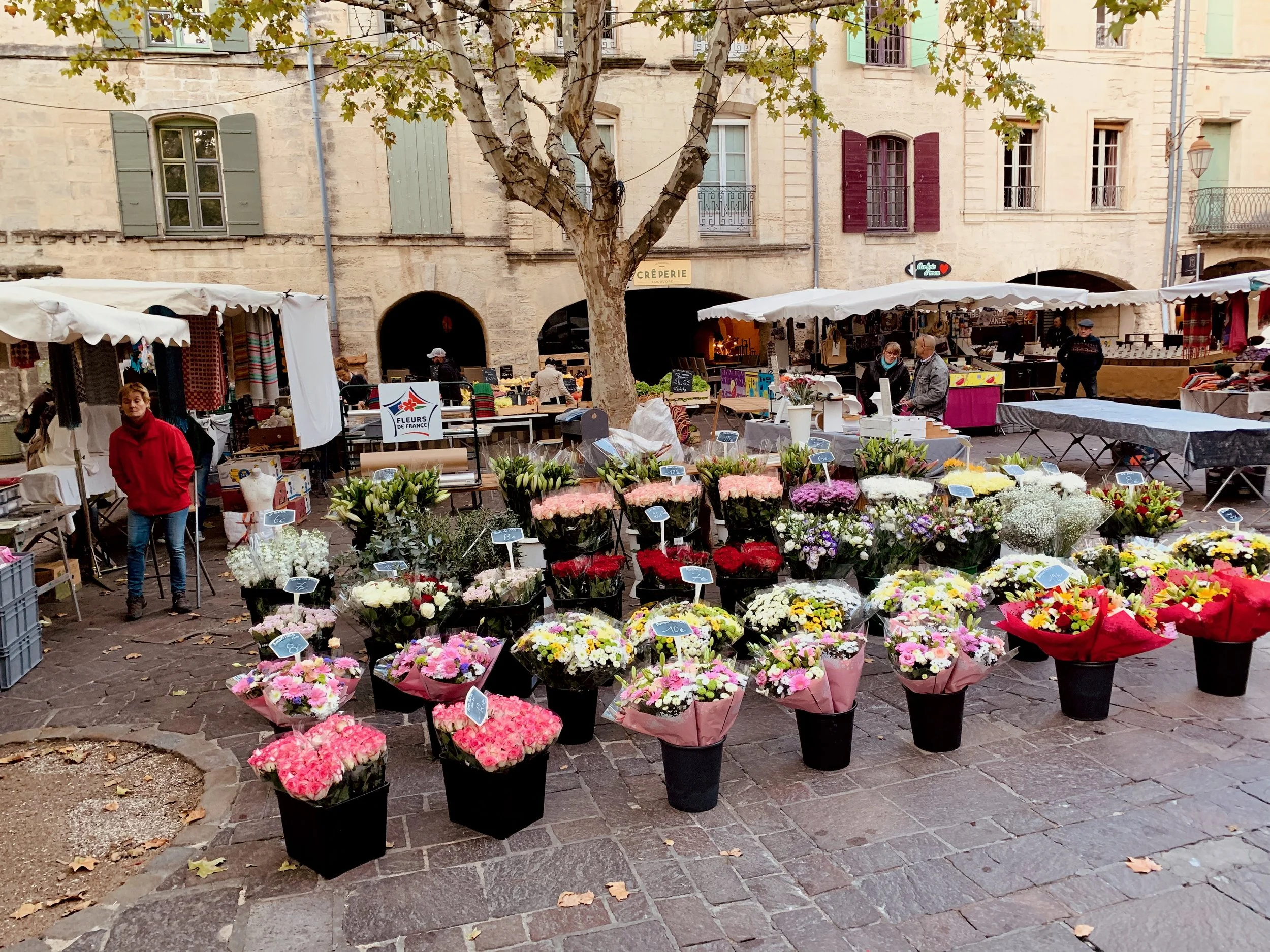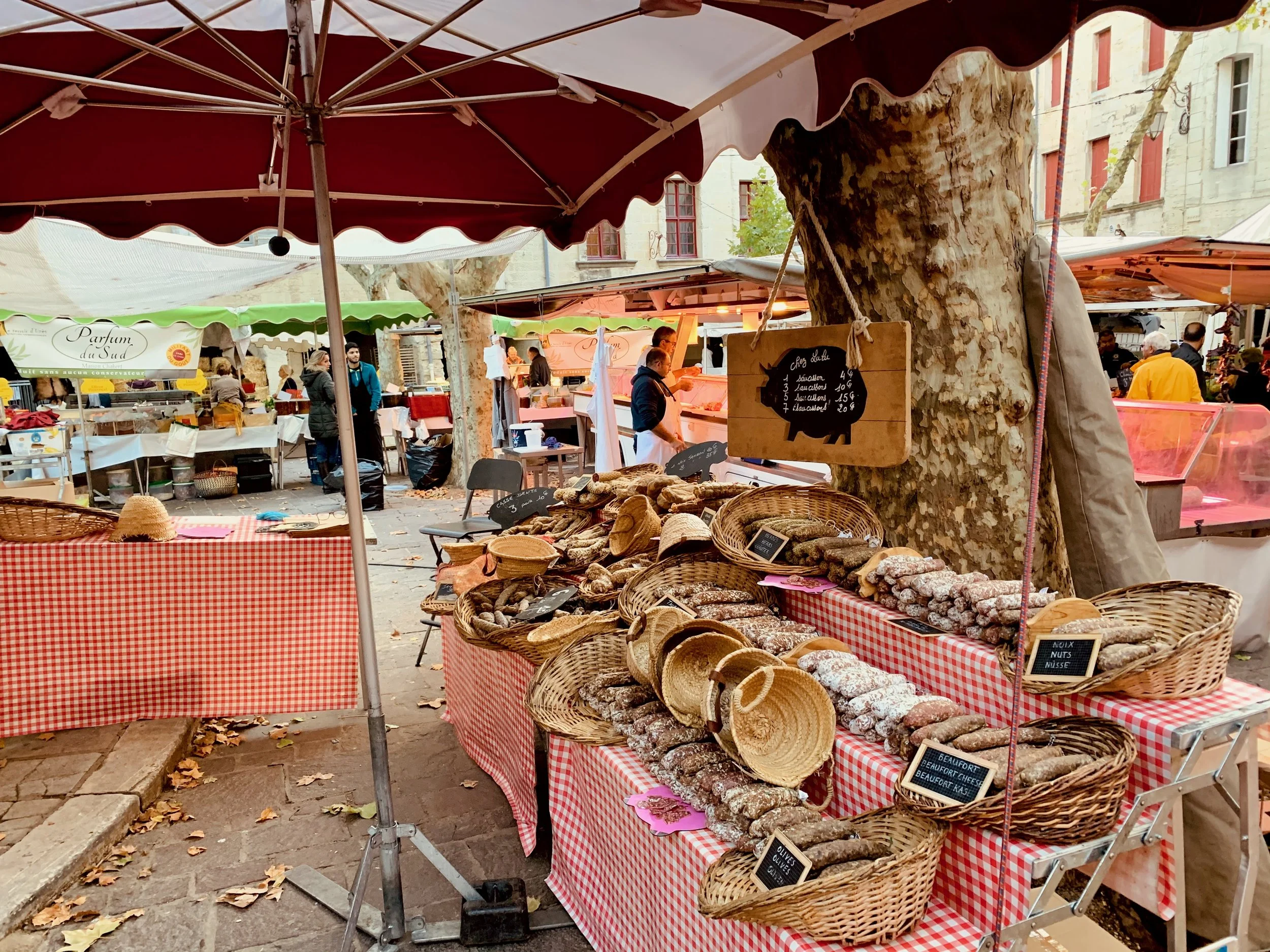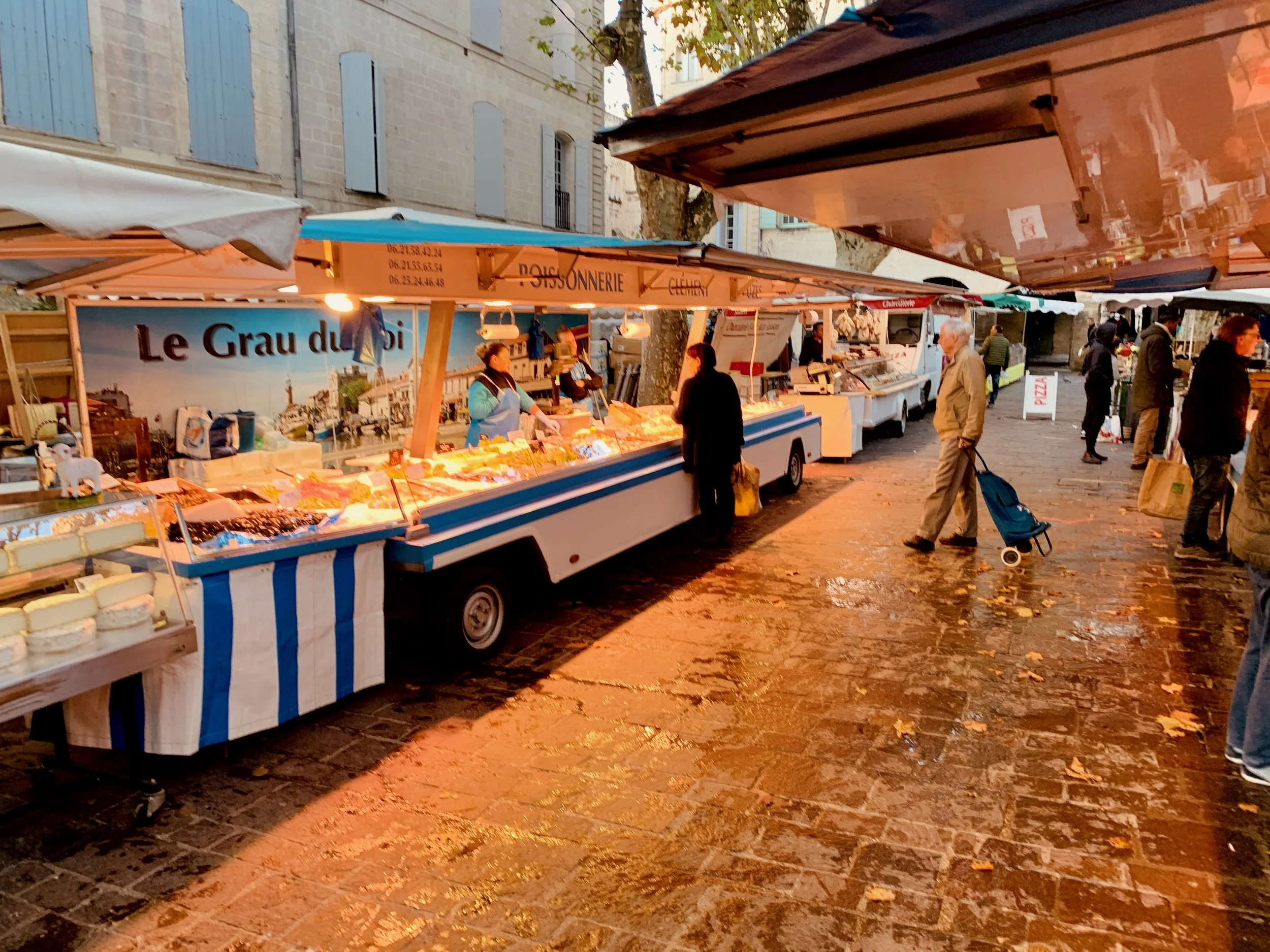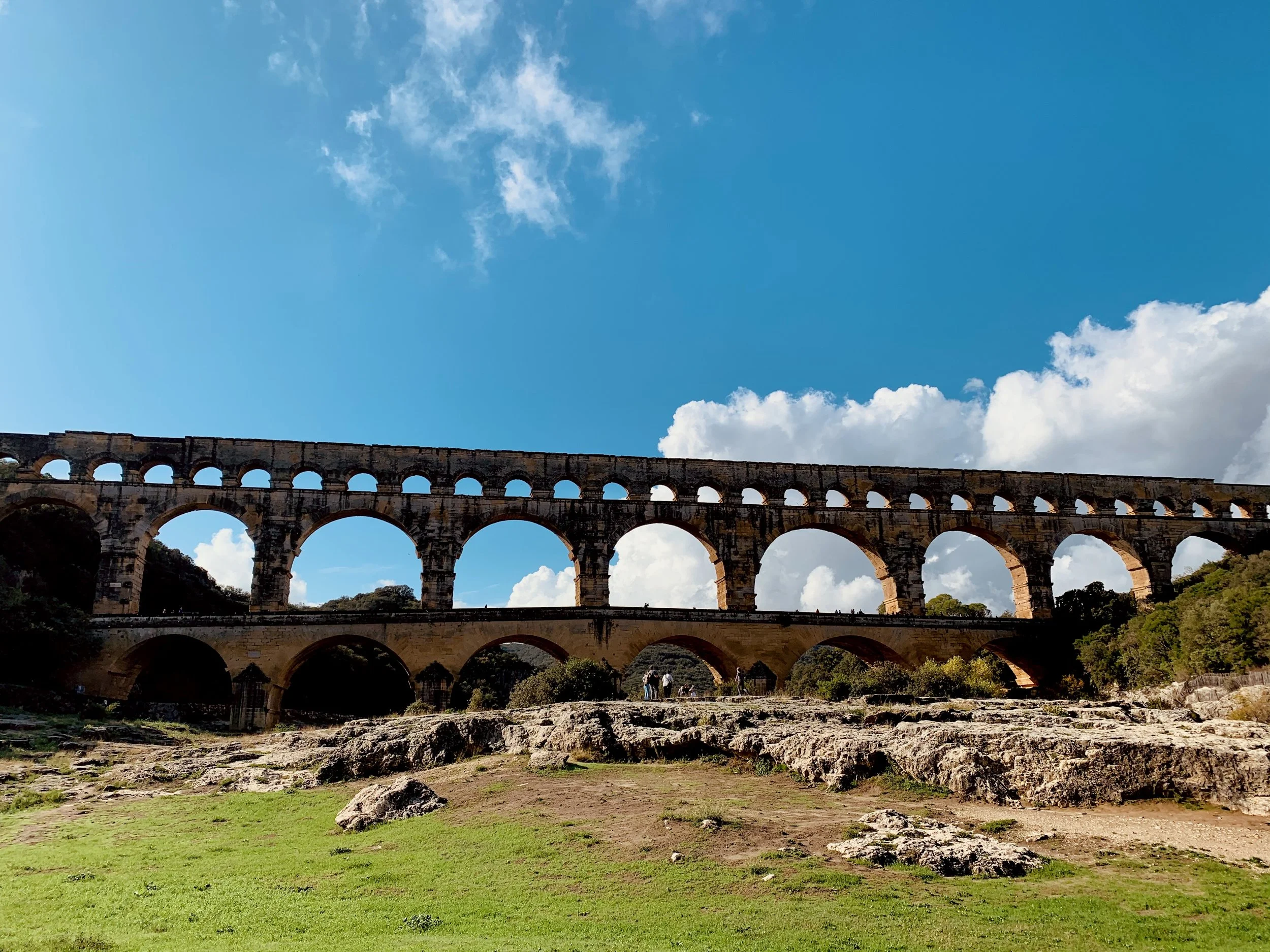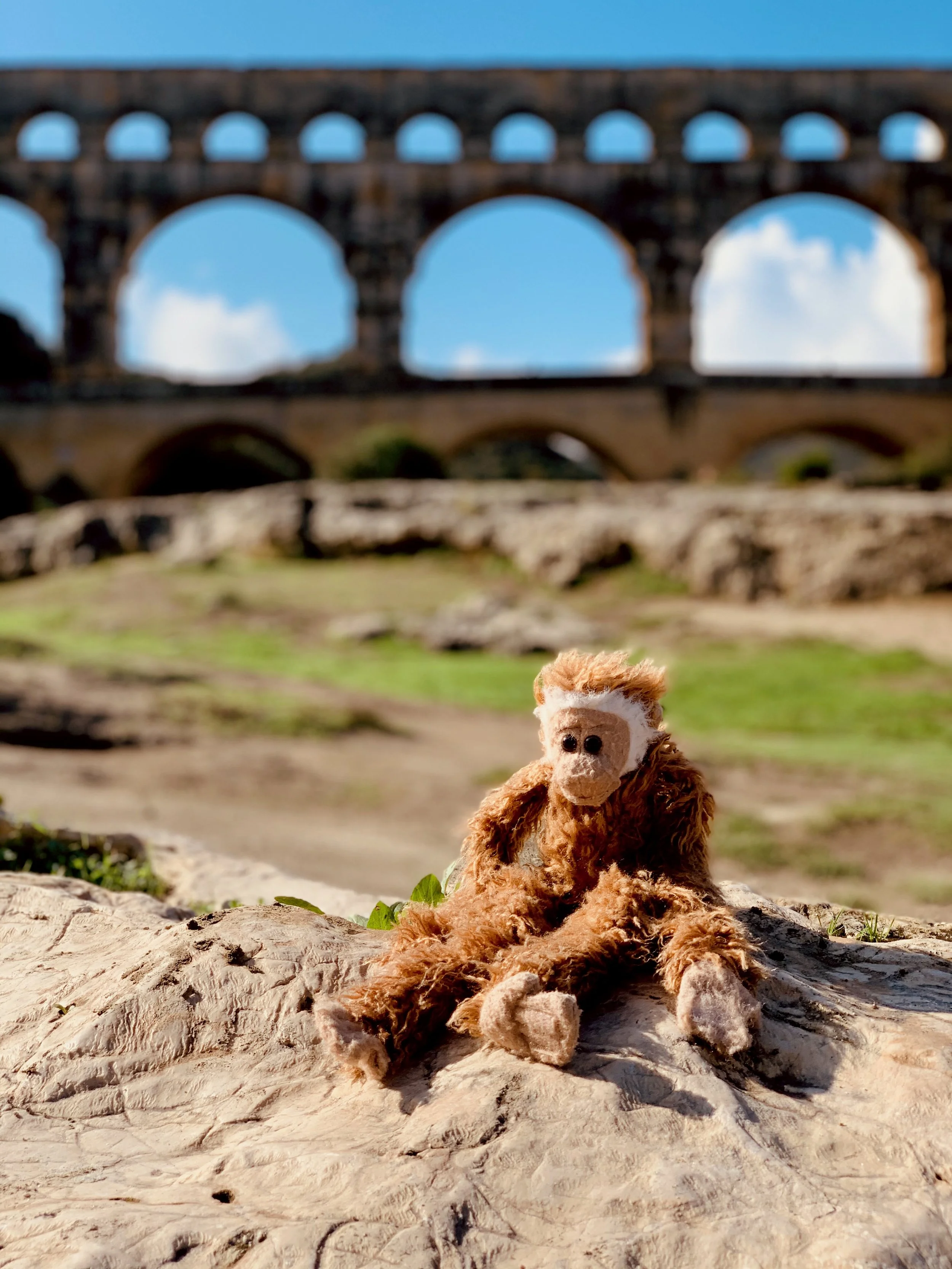The Aqueduct
The sky over Marseille was cloudless when the trio touched down, the tarmac shimmering in the early afternoon heat. Judd moved through the airport with quiet urgency, scanning his messages. Cindy rolled the cart stacked with their bags, while Ava popped a lemon-flavored pastille into her mouth and looked around like a cat in a new house.
Outside, the rental car—a sleek black Peugeot 3008—waited, engine ticking in the sun.
Their mission was vague. The lead even vaguer.
A French agent—former DGSE, codename Argile —had resurfaced in the orbit of an organization only whispered about in Order briefings: The Black Tide. For years, it had been regarded as more myth than entity—a network of ex-intelligence ghosts, criminal technocrats, and radical scientists operating without borders. But if Argile had resurfaced, and he was indeed in possession of a document or artifact linked to Lazarus, then the myth had teeth.
Their base was a 17th-century stone apartment tucked into the honey-colored heart of Uzès, a small town perched between vineyards and Roman ruins. On Rue du Portalet, their three-story rental had thick wooden shutters, wrought-iron balconies, and a tiled kitchen that smelled faintly of rosemary and old wine.
Uzès itself was a quiet marvel—France’s first duchy, once the seat of aristocratic power and now a secret gem for those in the know. Its cobblestone streets coiled beneath the medieval Duché d’Uzès, its Saturday markets spilling with olives, cheese, lavender, and antiques. Every corner carried whispers of past lives.
But today, Judd wasn’t listening for ghosts.
He was looking for Argile.
Their first clue came from a vineyard ledger intercepted by The Order: someone using Argile’s former call sign had been purchasing rare wine across Provence. A pattern emerged—winemaker to winemaker, name to name, tasting rooms and whispered inquiries. Someone chasing terroir—or perhaps hiding something inside it.
Their first real lead took them to Vers-Pont-du-Gard, just a few kilometers from Uzès. Beneath the pine-scented air and cicada drone, they stood before one of the ancient world’s greatest feats of engineering: the Pont du Gard—a Roman aqueduct bridge built in the 1st century AD to carry water to Nîmes. Nearly 50 meters high, it was a cathedral of stone and symmetry, still intact after two millennia.
“I read somewhere,” Ava said, running a hand along the warm limestone, “that it moved nine million gallons of water a day. That’s insane.”
“It’s not just a relic,” Judd said. “It’s proof that empire leaves fingerprints.”
They questioned a vintner near the site who had hosted Argile. The trail curved eastward. Judd expertly guided the rental through the narrow streets and dry riverbeds that dotted the French landscape.
Next stop: Aix-en-Provence—a city of fountains and art, the former home of Cézanne and the kind of light that painters dream about. There, at a boutique hotel near the Cours Mirabeau, a concierge finally gave them something useful.
“He asked about a woman,” he said, in soft, accented English. “Elegant. Reserved. Swiss, I think. They left the same morning. Headed west. Toward Nîmes.”
The trio took to the road, the Peugeot slicing through vineyards and sunflower fields, until the ancient city of Nîmes rose before them. It had once been a Roman stronghold—and it showed.
They stood in the shadow of the Arènes de Nîmes, a Roman amphitheater still in use, almost two thousand years after its construction. Oval, massive, and ringed with arches, it could once seat 24,000 and was used for gladiatorial combat under Augustus.
“They say it’s better preserved than the Colosseum,” Cindy noted.
“Probably because fewer emperors tried to destroy it,” Judd replied.
In nearby Remoulins, over a simple lunch of duck confit and wine too good to be that cheap, a server remembered the couple.
“She paid in cash,” he said. “But left behind a napkin with a note—probably didn’t realize it. The woman wrote something about *L’Isle-sur-la-Sorgue*.”
That sent them north.
L’Isle-sur-la-Sorgue was impossibly picturesque—like Venice had collided with a Provençal dream. Canals laced through the town, lined with antique shops, bookstores, and flower stalls. The Sunday market was in full swing: fresh chèvre, linens, old maps, oil paintings, and rusted copper treasures from half a century ago.
As Cindy snapped photos of old water wheels and Ava bartered for a linen scarf, Judd got word through The Order’s encrypted relay: Argile was still on the move—and he had ties to a location in Gordes.
By sunset, they arrived at the cliffside village of Gordes. The town spilled down a steep hill, its golden stones glowing under the Provençal sun. From the top, the view stretched over lavender fields and dry hills all the way to the Luberon Mountains.
They visited the Abbaye de Sénanque, nestled in a quiet valley outside town. Built in the 12th century and still home to Cistercian monks, its lavender-framed simplicity hid the weight of centuries. It felt… holy. And hollowed-out.
It was Ava who spotted the woman.
Not up close—just a photo—on a corkboard outside a wine cave in the village, promoting an art and wine event. The face matched the concierge’s description. Swiss. Elegant. Still out there.
The final lead pointed to Avignon.
As they entered the walled city, its medieval stone gates rising like a fortress, Judd felt the sense of culmination.
They parked near the Rhône, the ancient river whispering against its banks, and made their way to the heart of it all—the towering Palais des Papes.
Once the seat of the Catholic Church during the 14th century, the palace was vast, austere, and quietly intimidating. It had housed nine popes during the Avignon Papacy, a time of division and upheaval in the Christian world. Today, its walls held secrets of power that echoed through centuries.
Inside the cavernous halls of the Palais des Papes, the walls seemed to press inward with age. The cold stone, the echoes of footsteps, the faint scent of dust and incense—it all made the air feel heavier. Judd, Cindy, and Ava lingered in one of the larger galleries, their minds spinning through every thread they’d followed over the past week.
But nothing new had surfaced.
Just as they were about to step out into the square, Ava paused near the gift shop entrance. A poster had caught her eye—tastefully minimal, printed on ivory paper and edged in gold:
La Collection Inestimable
Private Wine Auction & Tasting*
Château de Montfaucon – One Night Only
Invitation Required – Haute Provence’s Rarest Bottles Unveiled
Her eyes narrowed. The date was tomorrow.
She turned the poster toward Judd.
“If our mystery couple is truly chasing rare wines—and using the circuit to travel unnoticed—this is where they’ll be. Exclusive, discreet, well-connected.”
Cindy stepped closer. “It’s the perfect cover. No press. High security. No reason to question a wealthy Swiss woman and a quiet Frenchman bidding on rare vintages.”
Judd stared at the poster for a moment, then smiled.
“Alright,” he said. “Let’s roll the dice.”
They turned toward the city gates, golden light now spilling across the Rhône, casting long shadows on the cobblestones. The sun dipped low behind the palace towers as they climbed into the Peugeot and pointed it north.
Back to Uzès.
Back to their quiet apartment on Rue du Portalet.
And toward whatever secrets tomorrow night might uncork.

